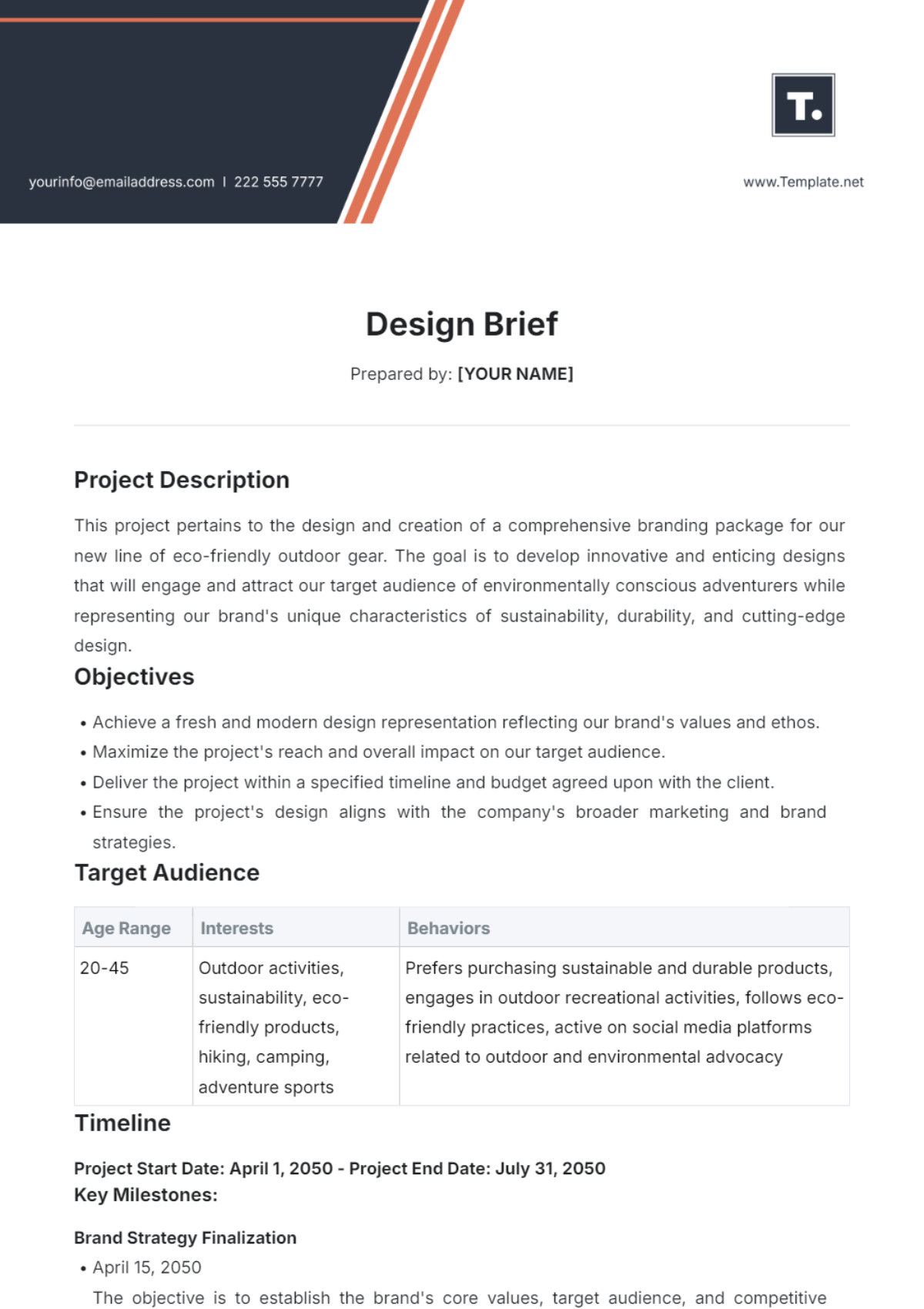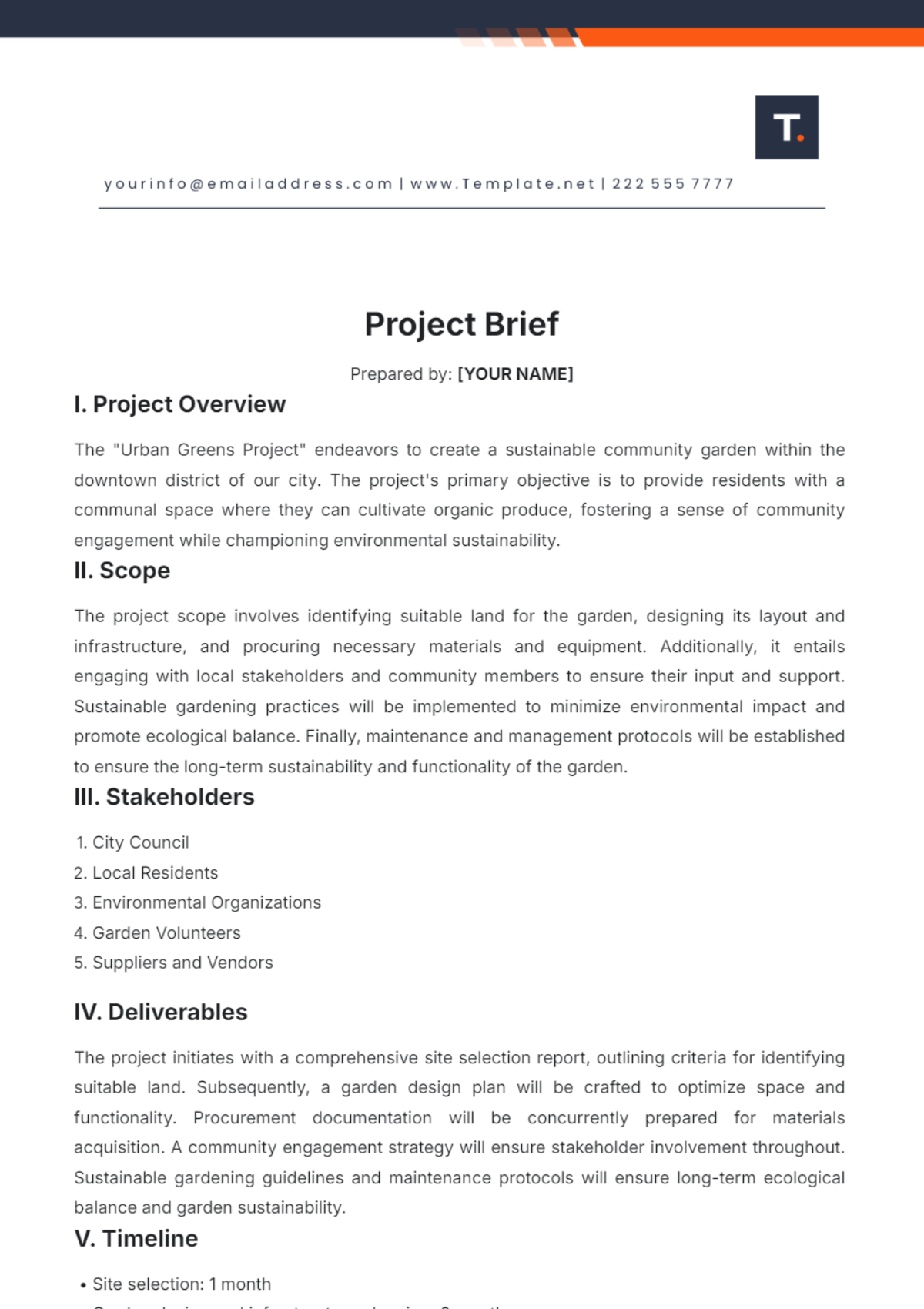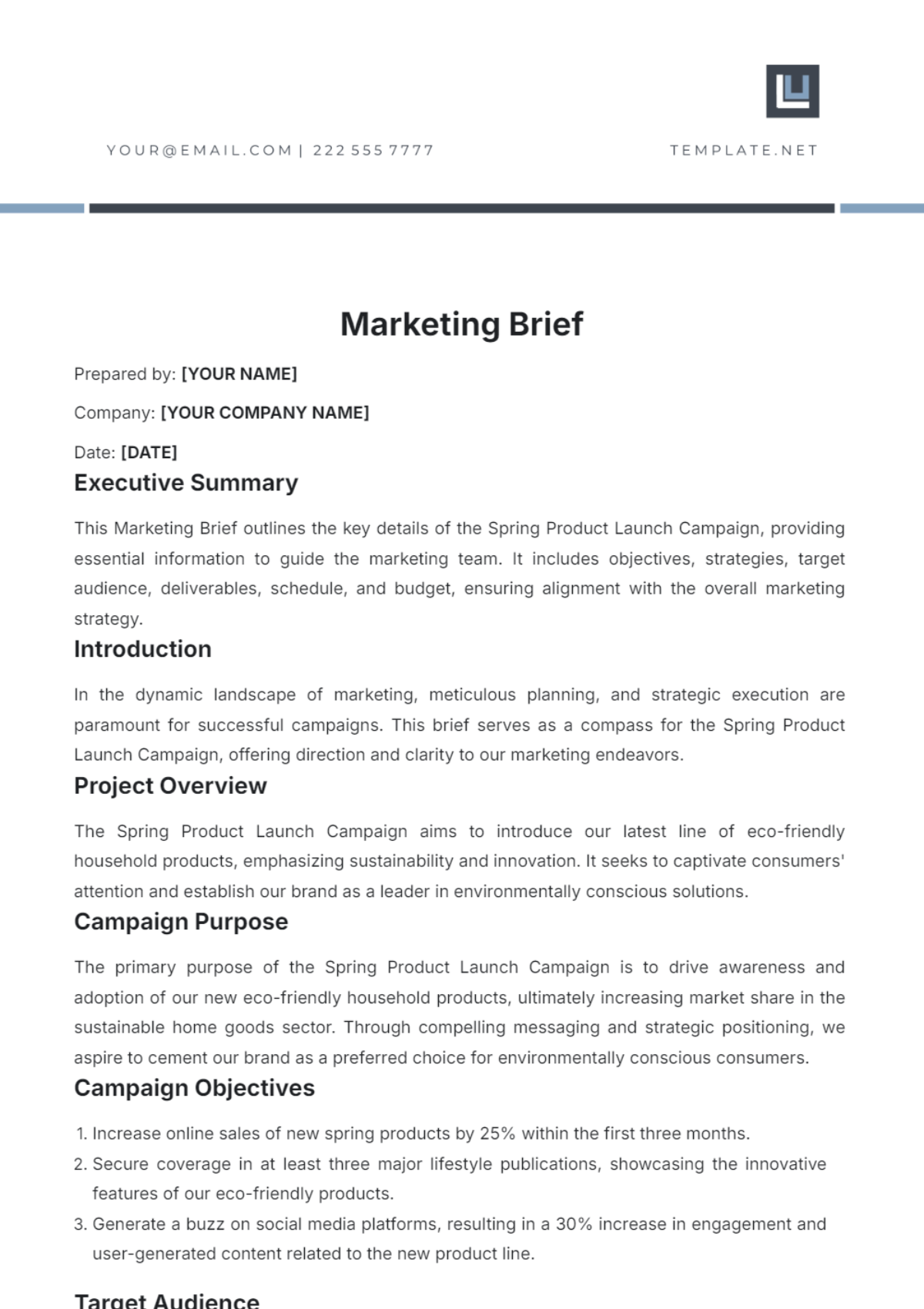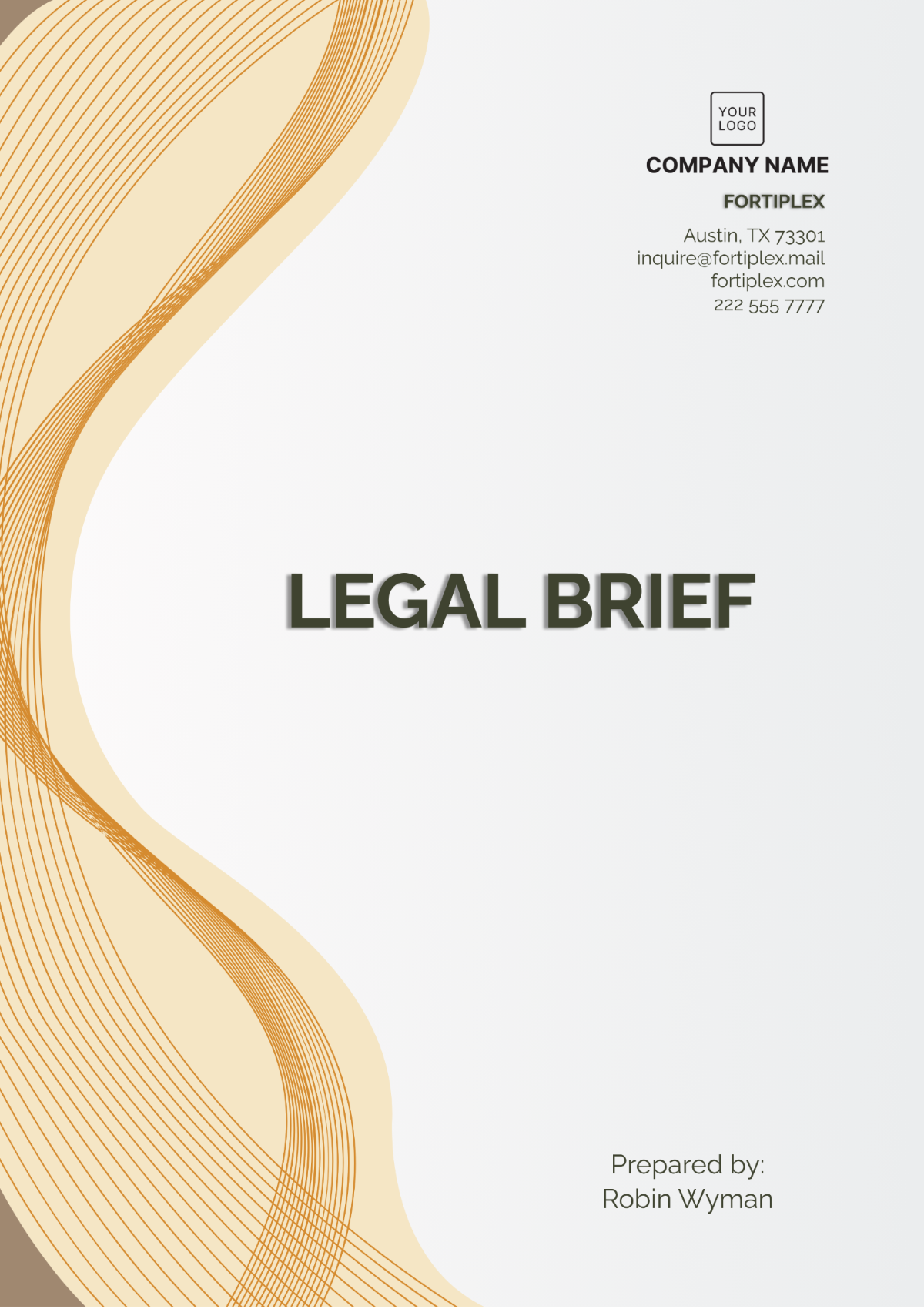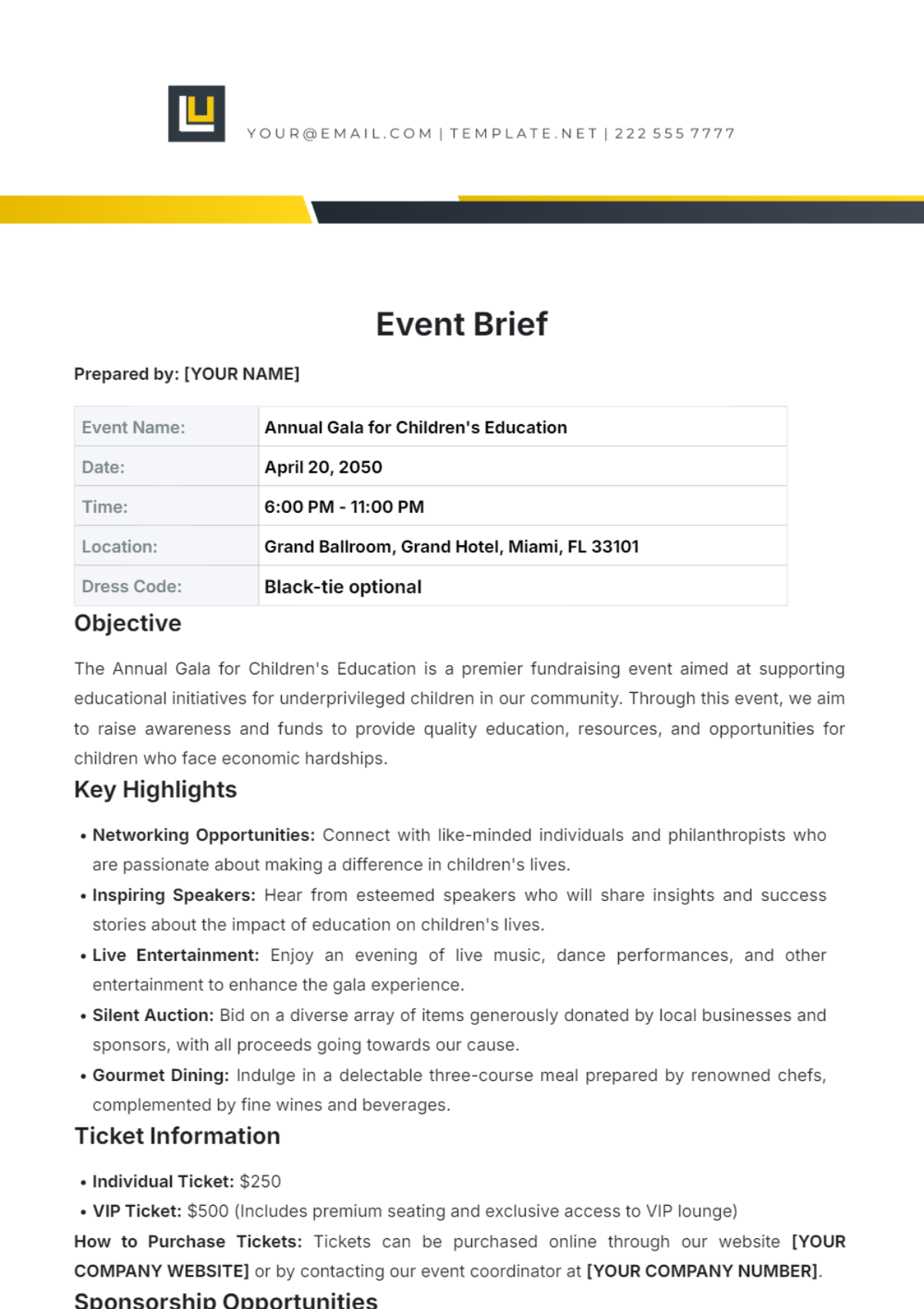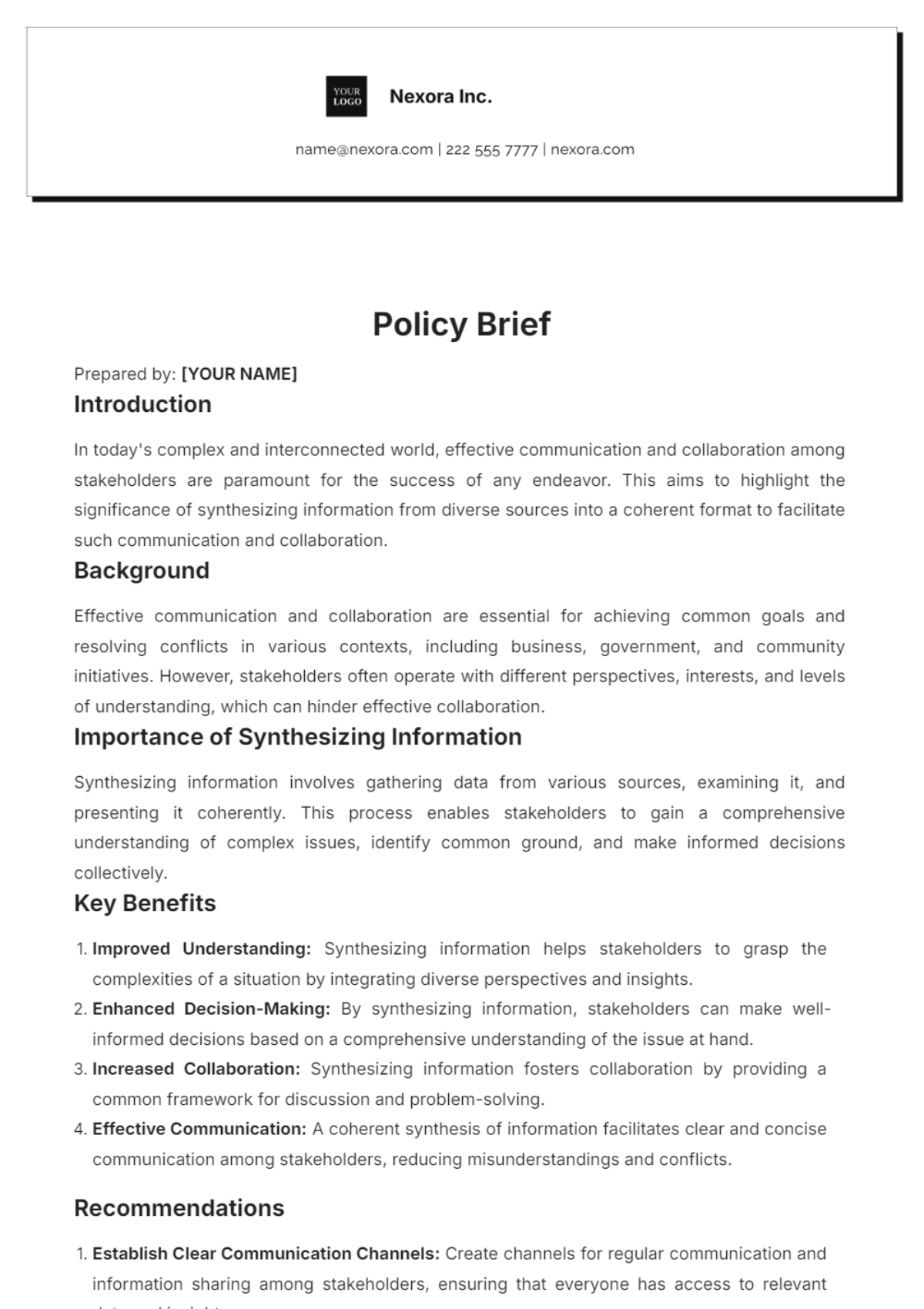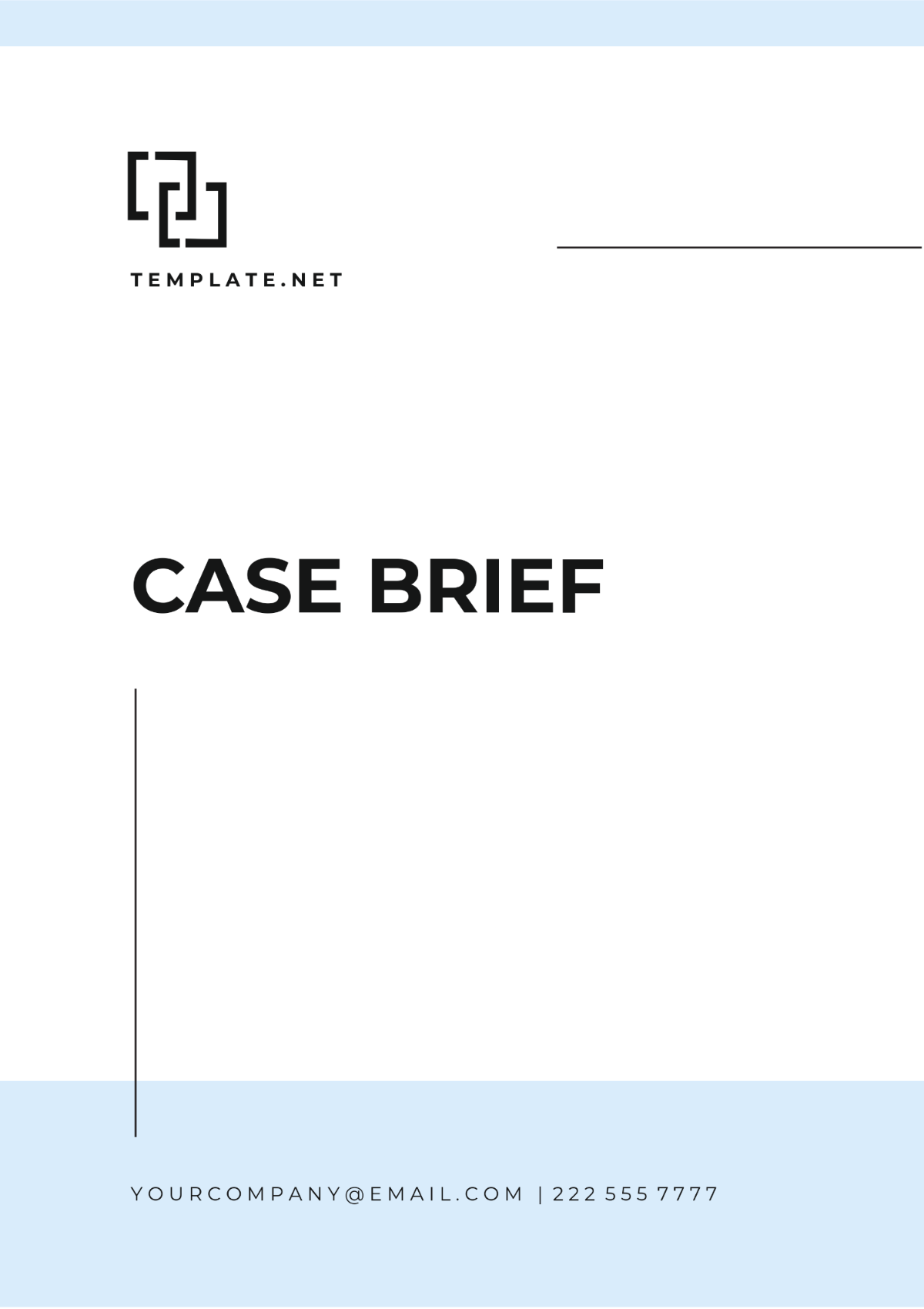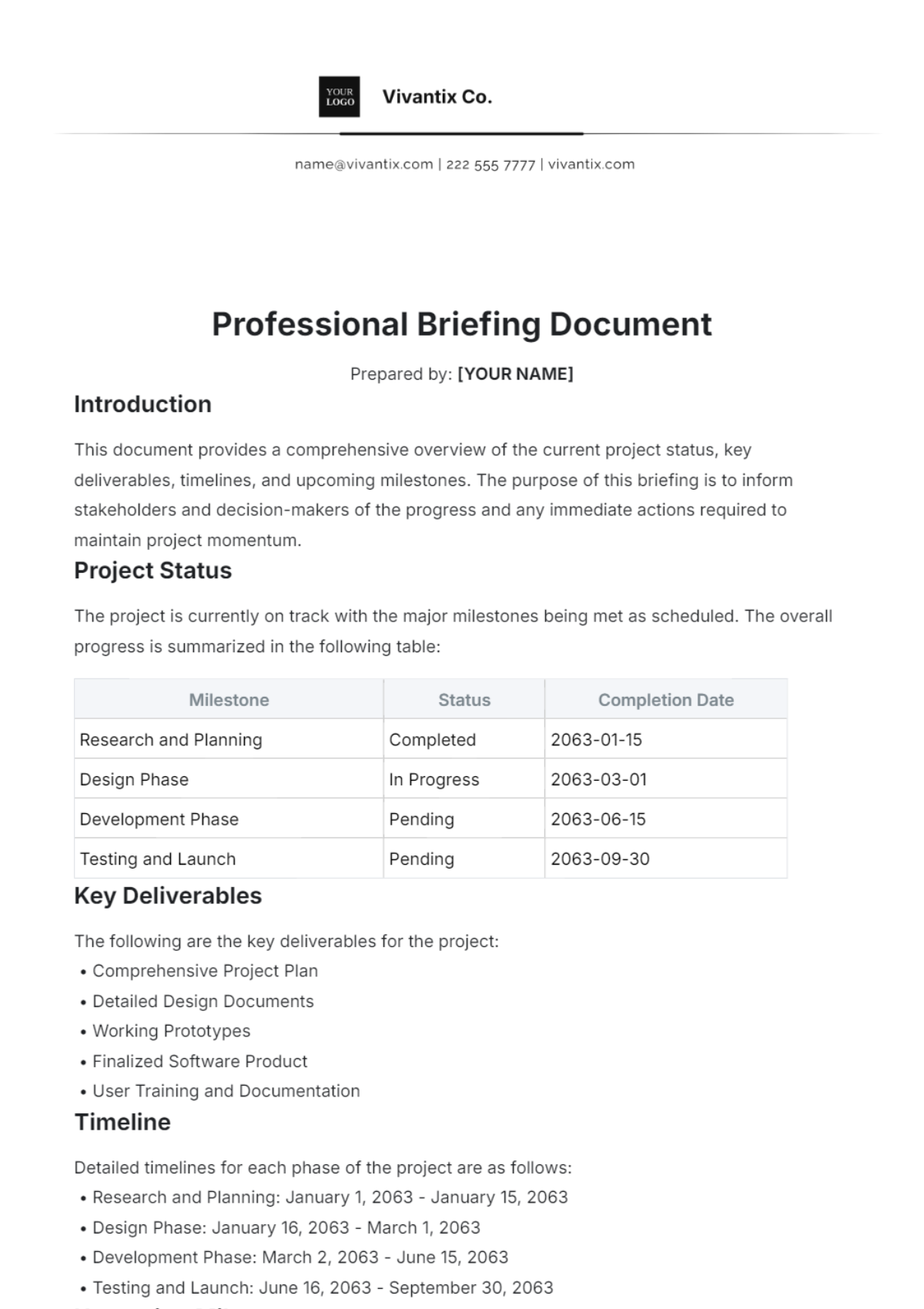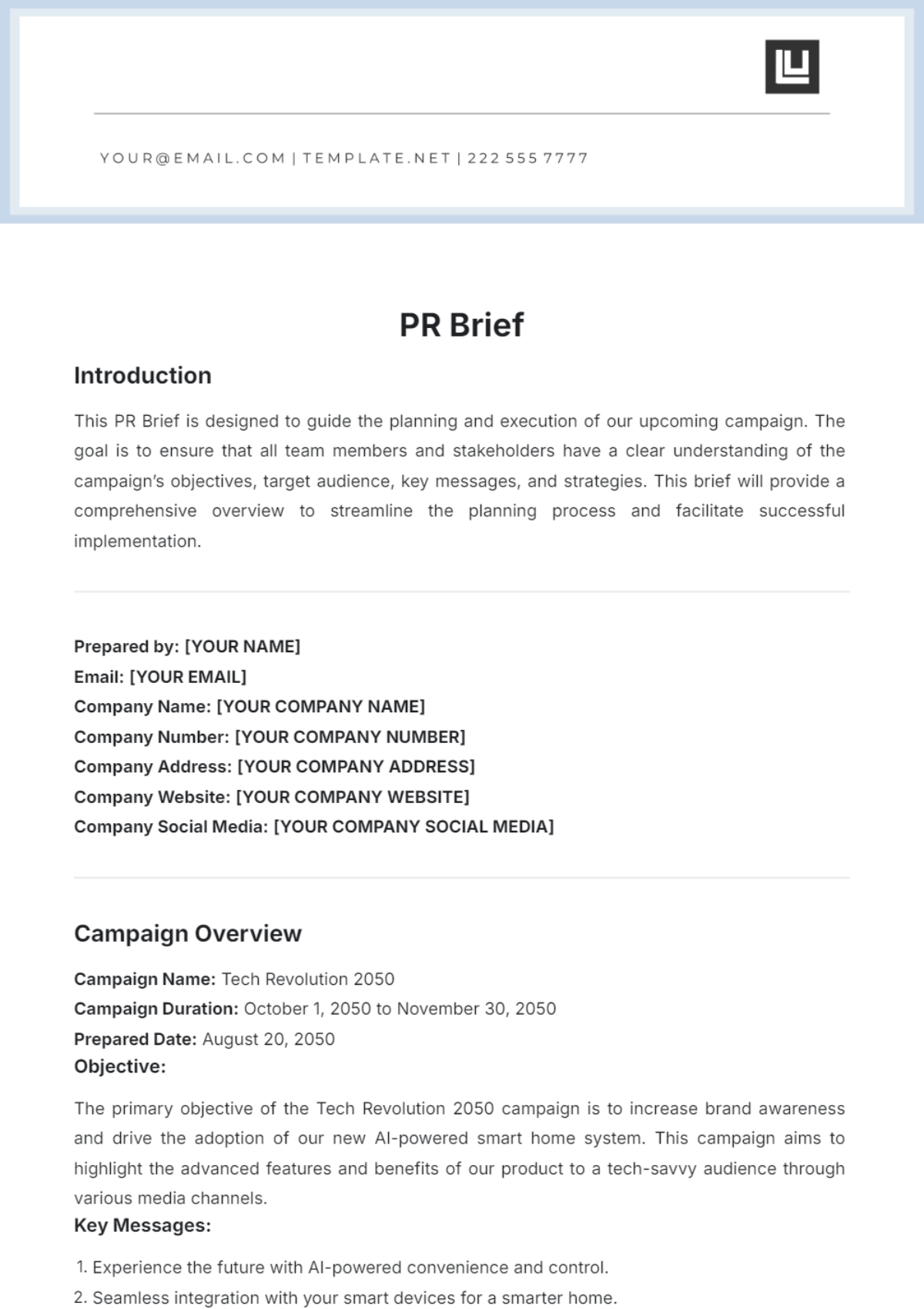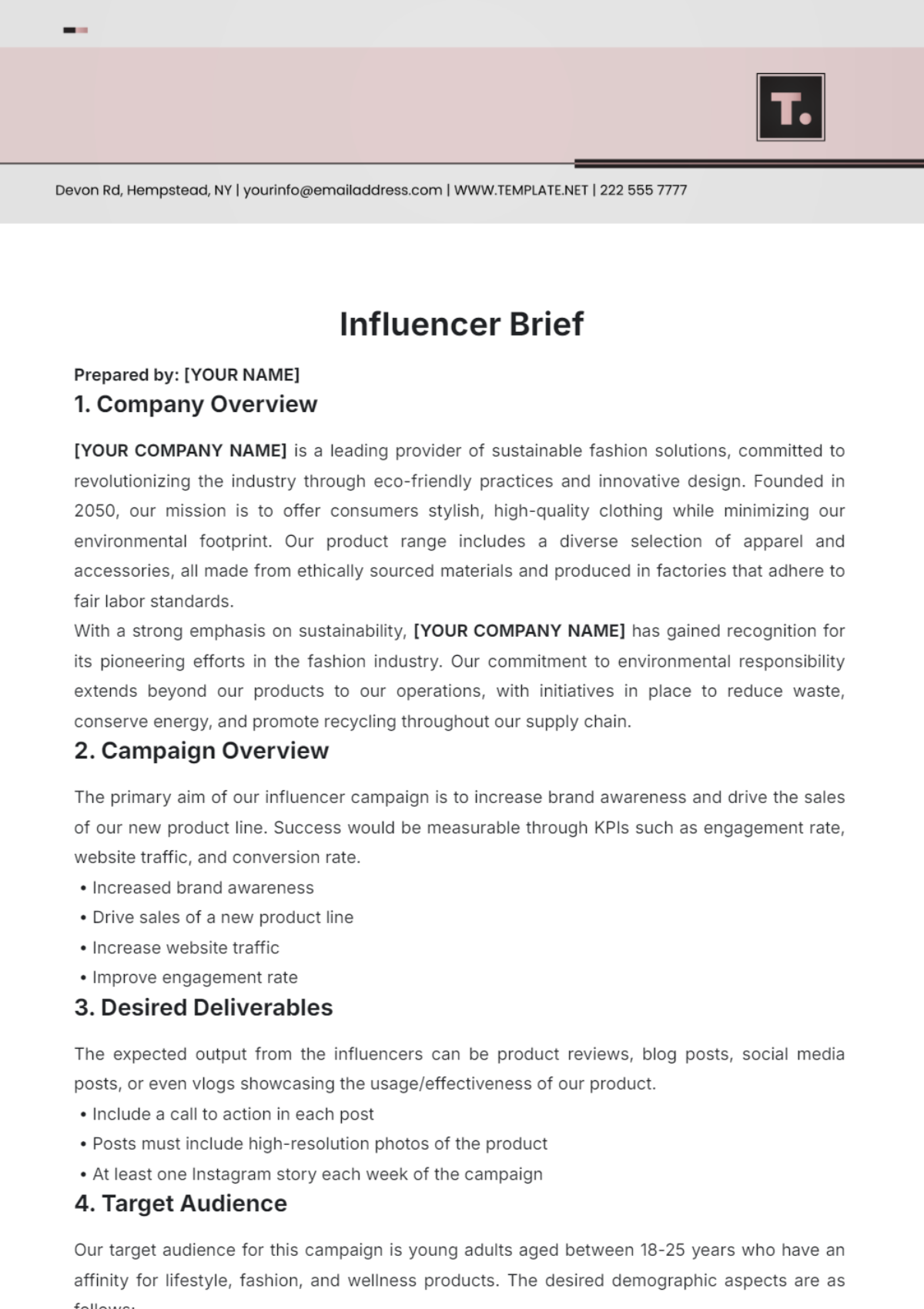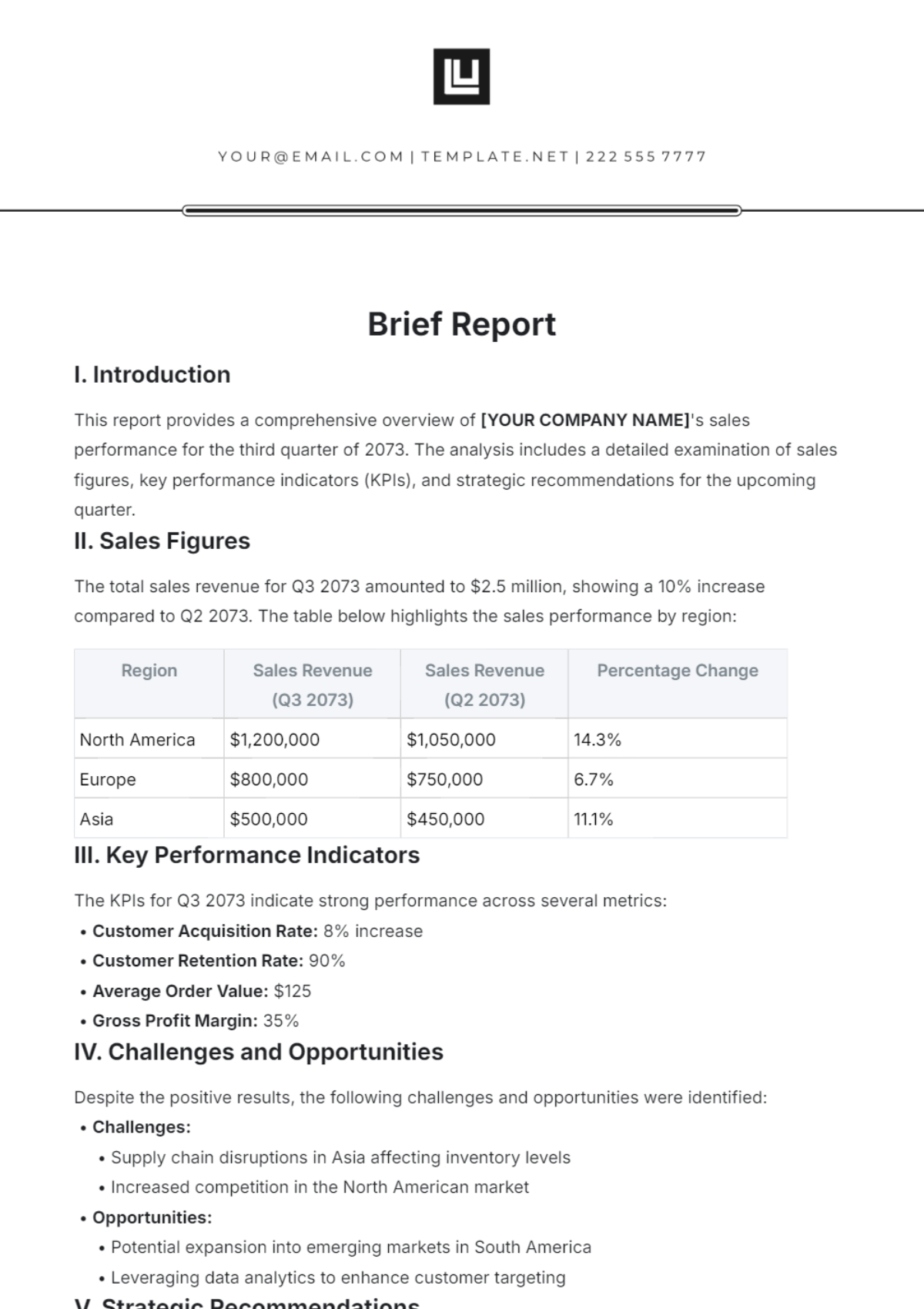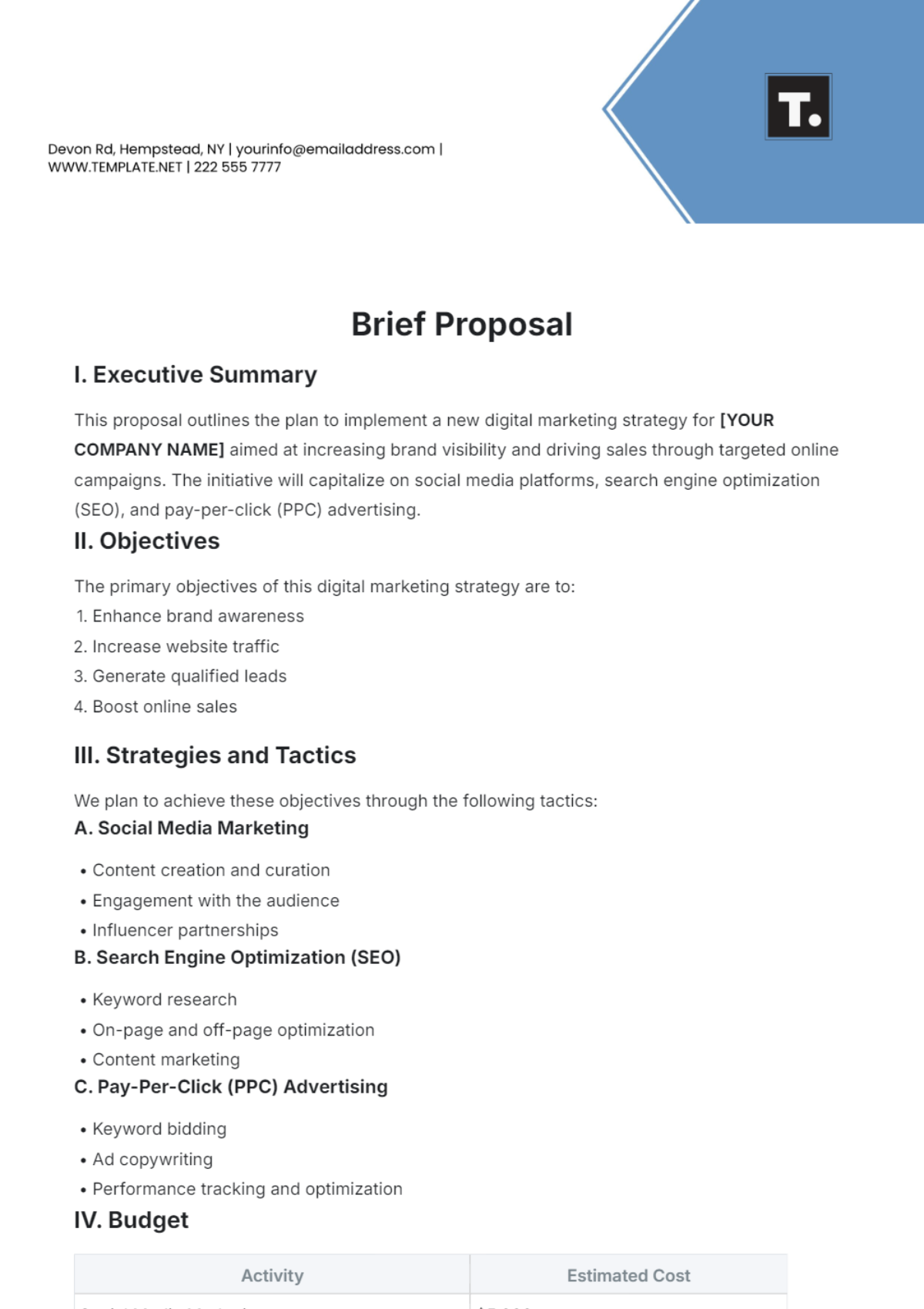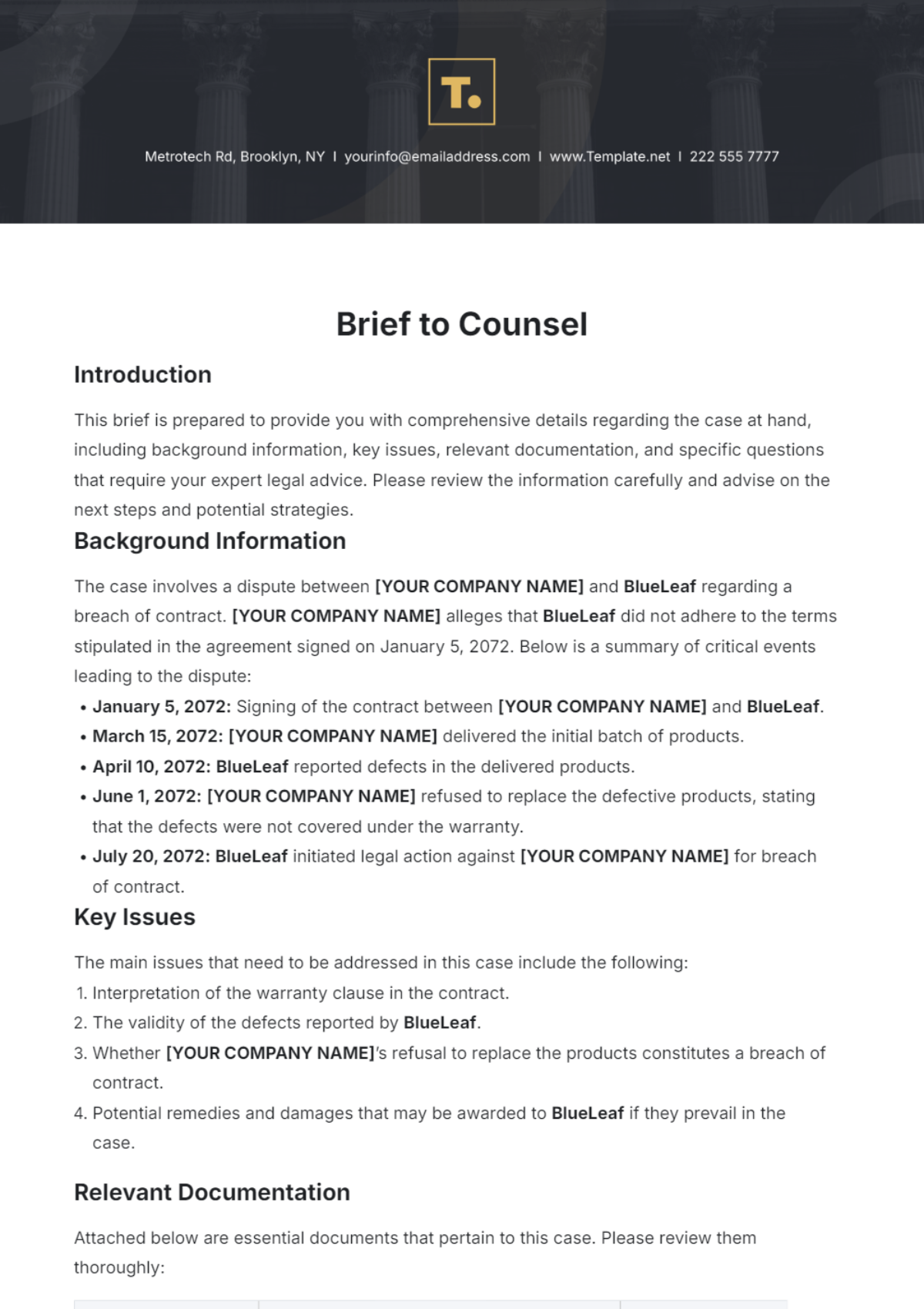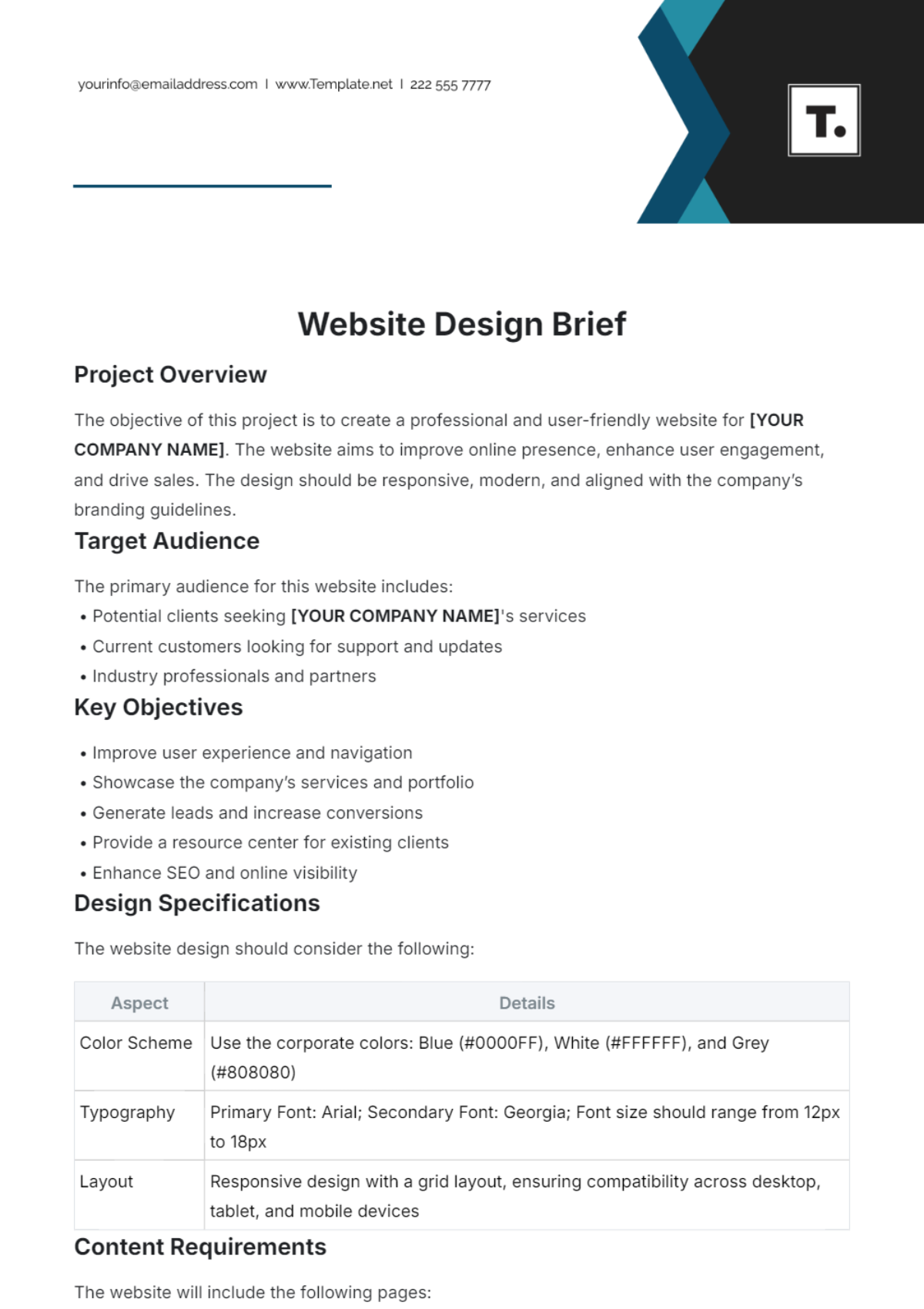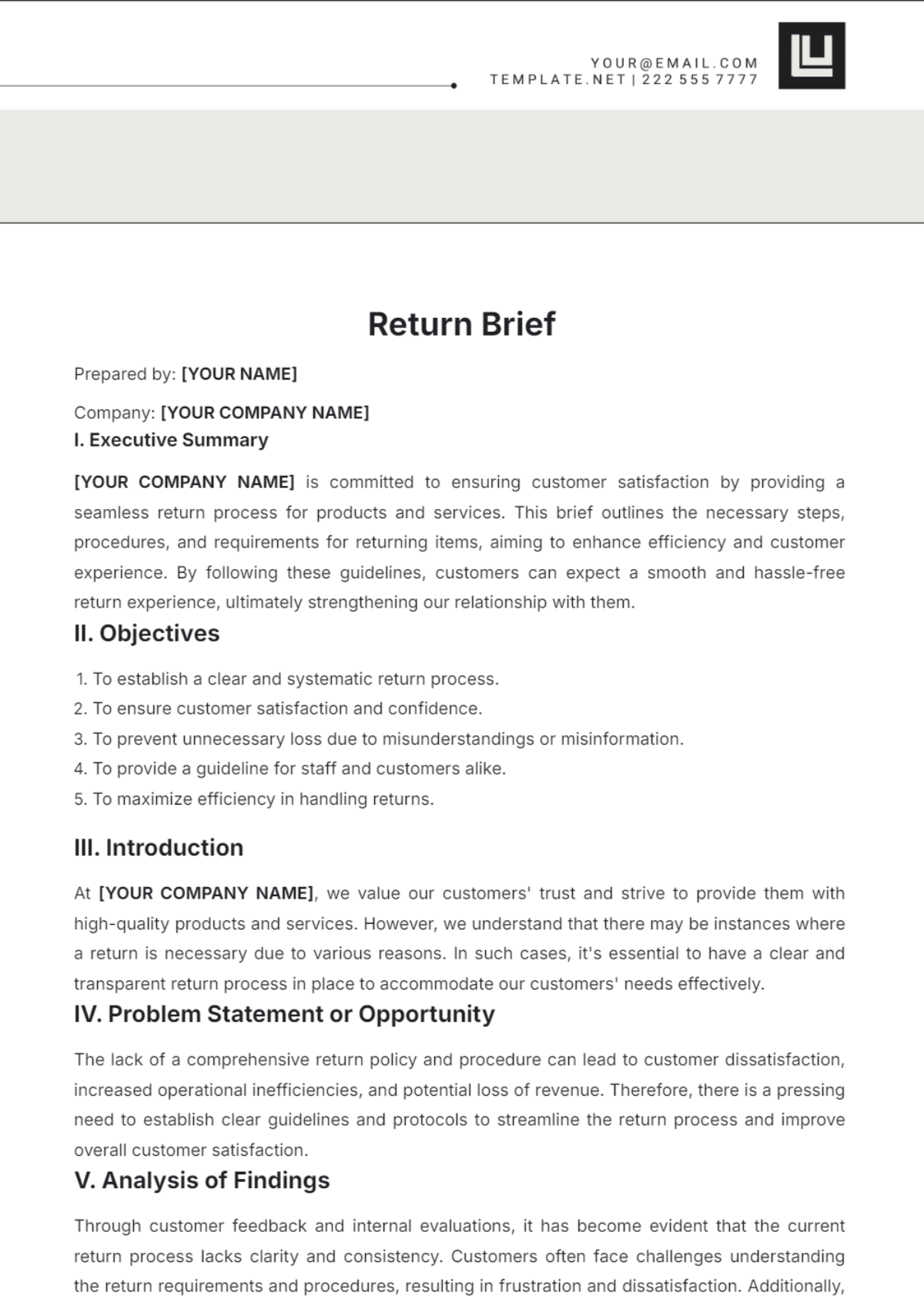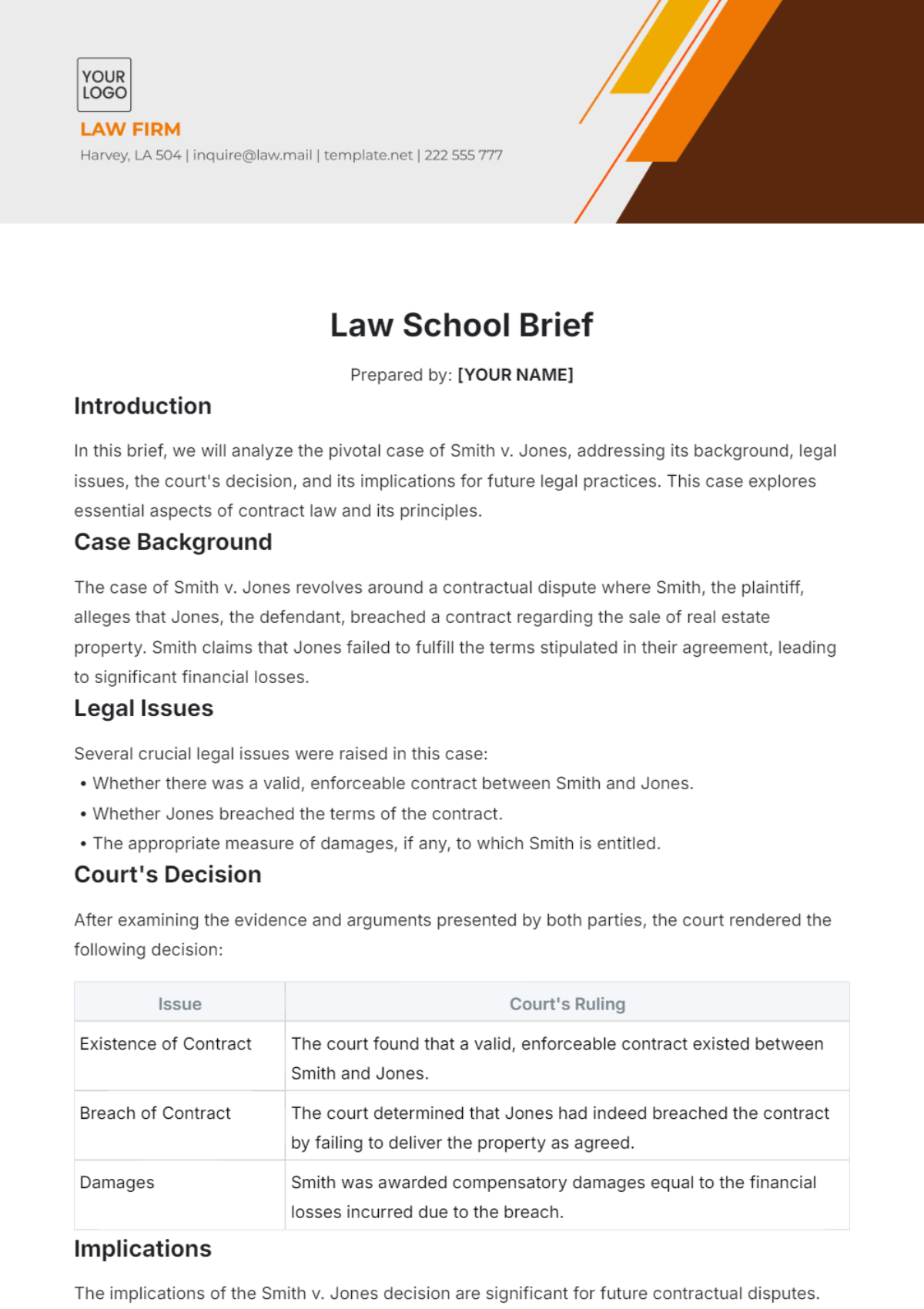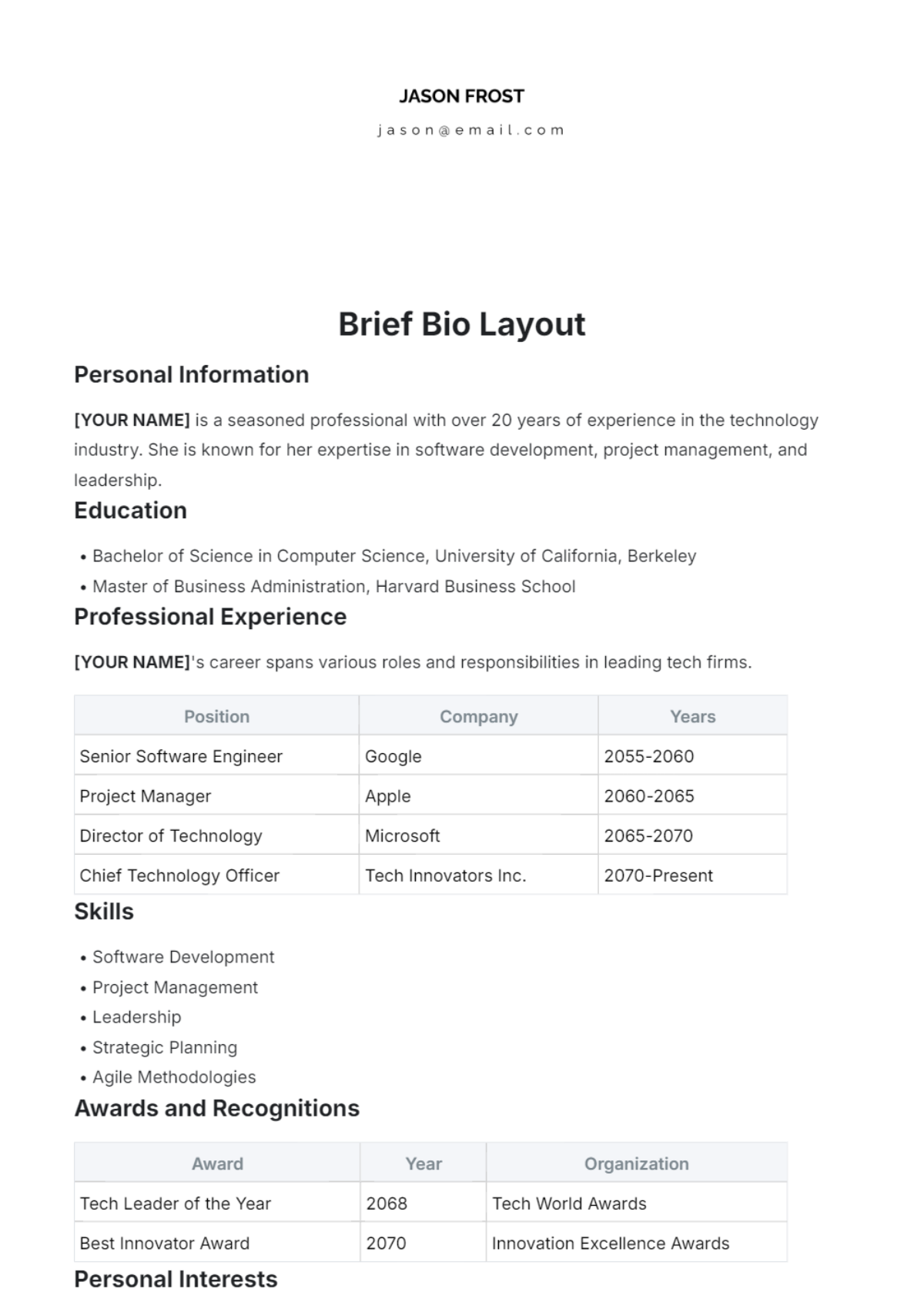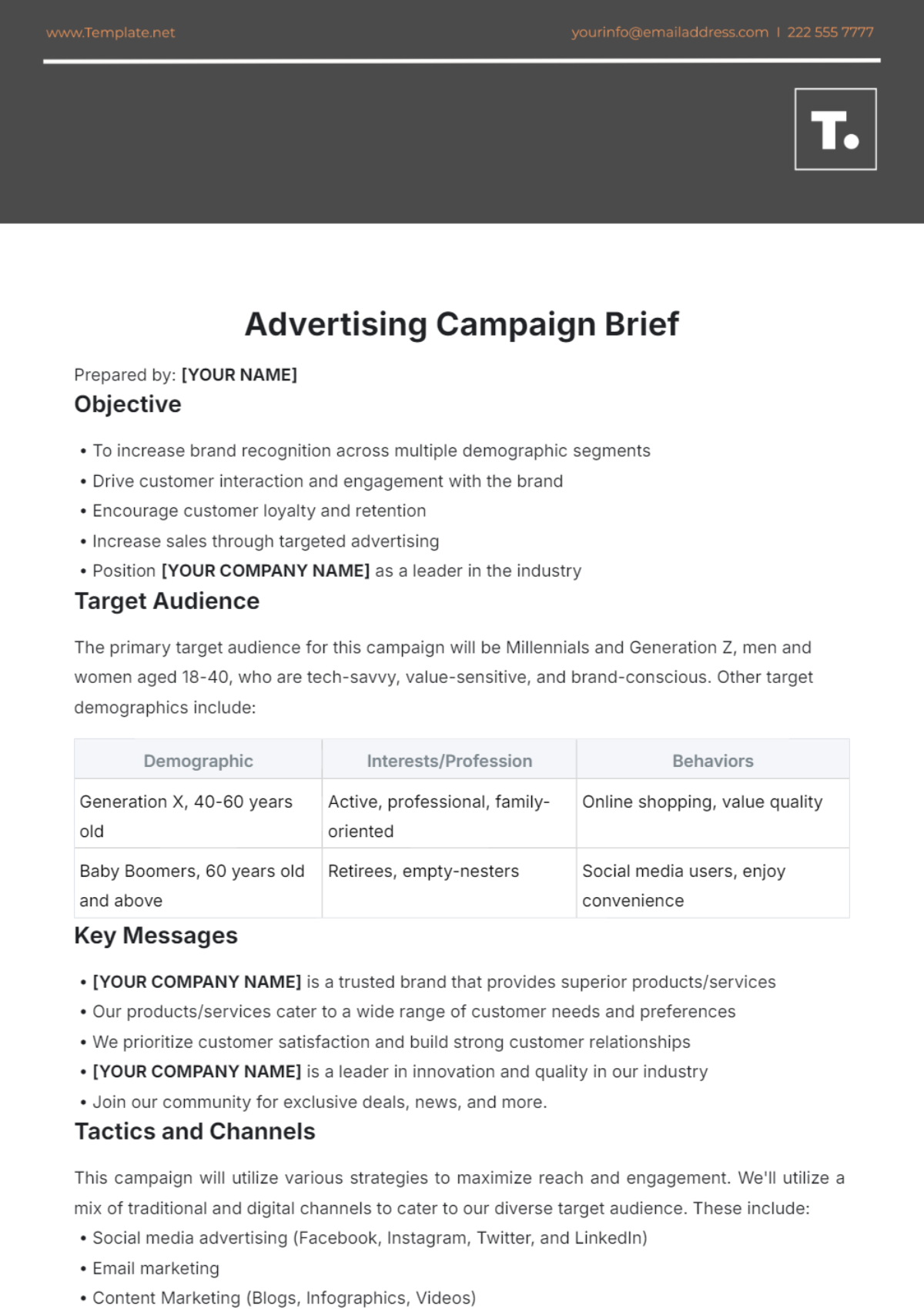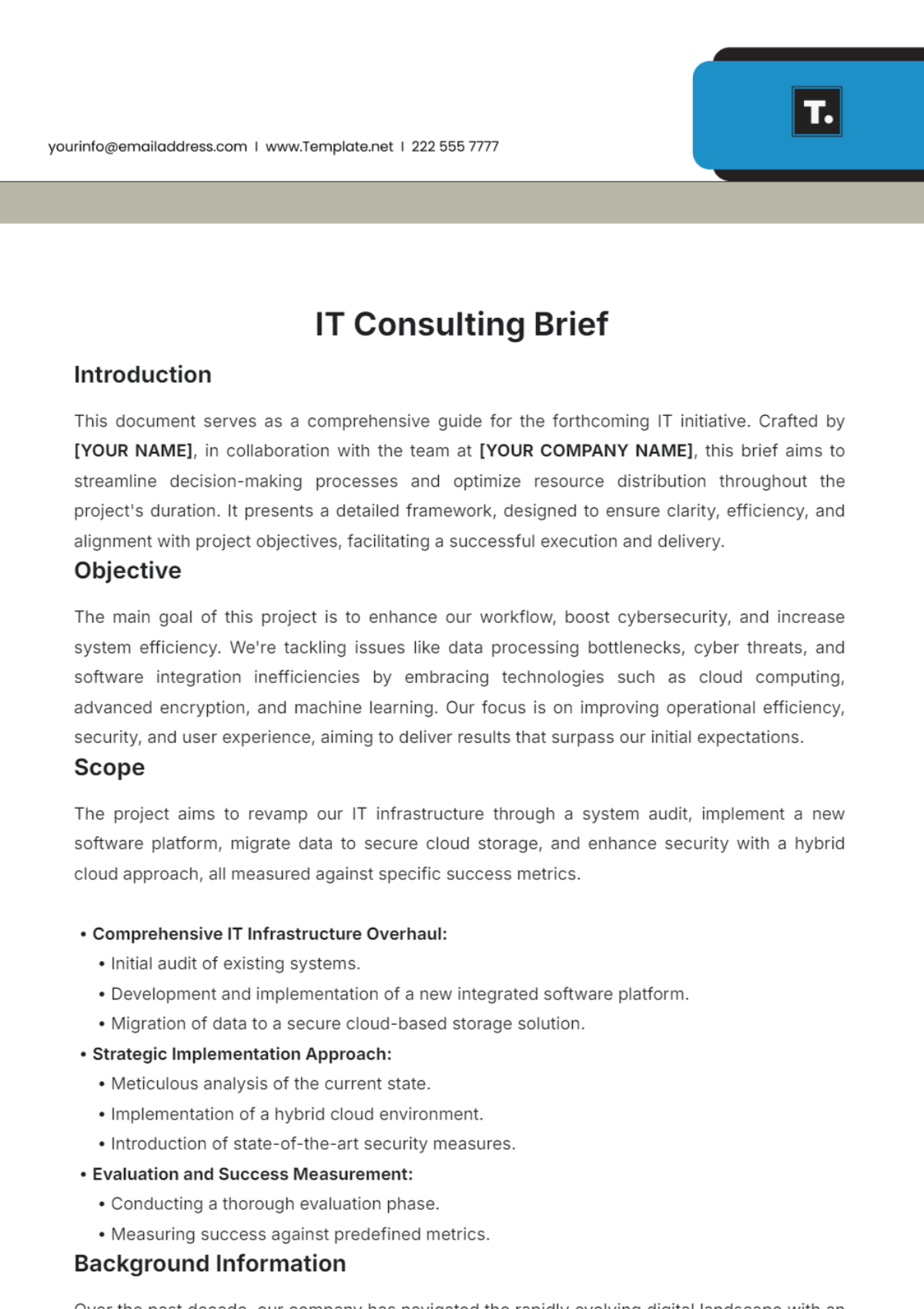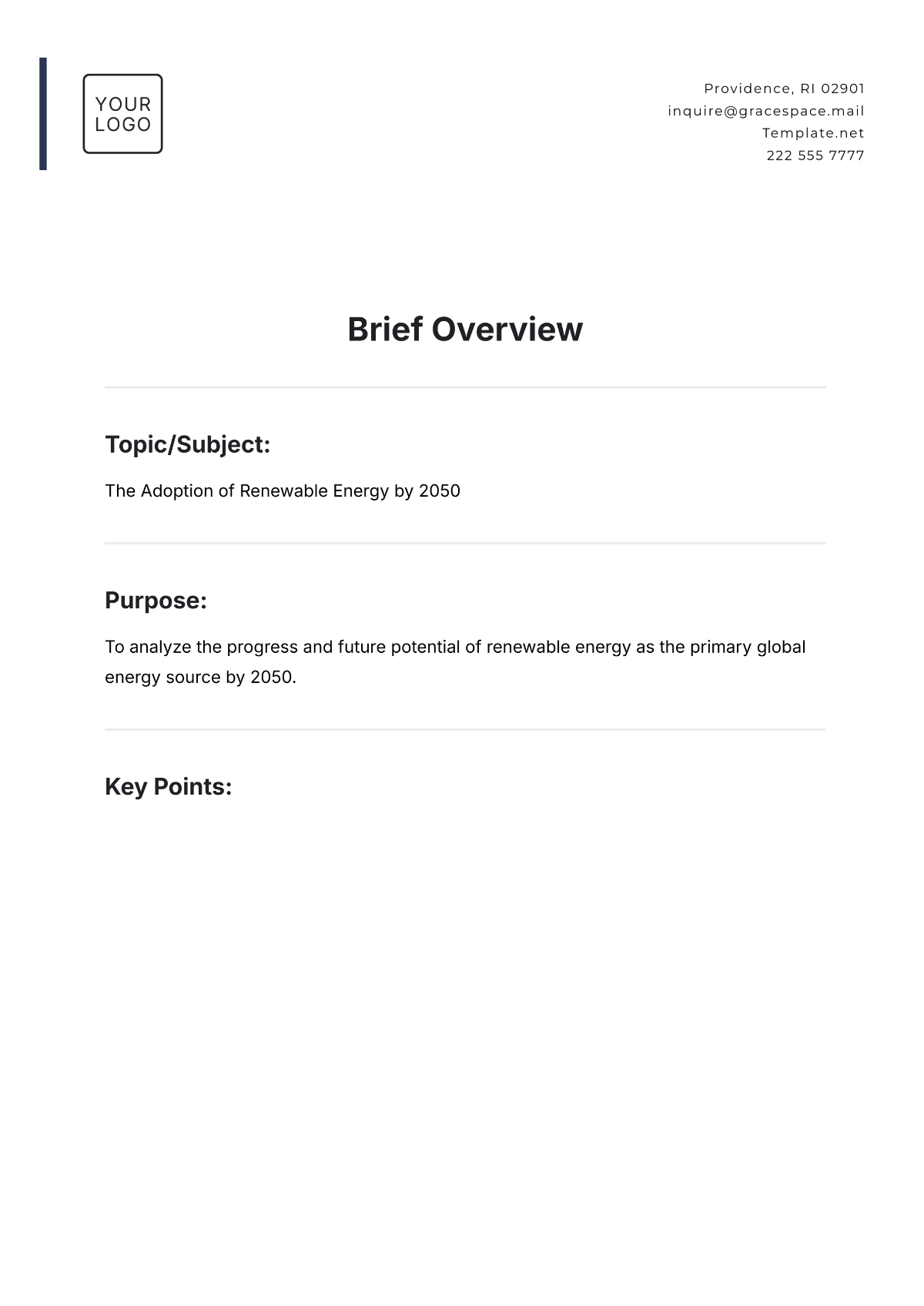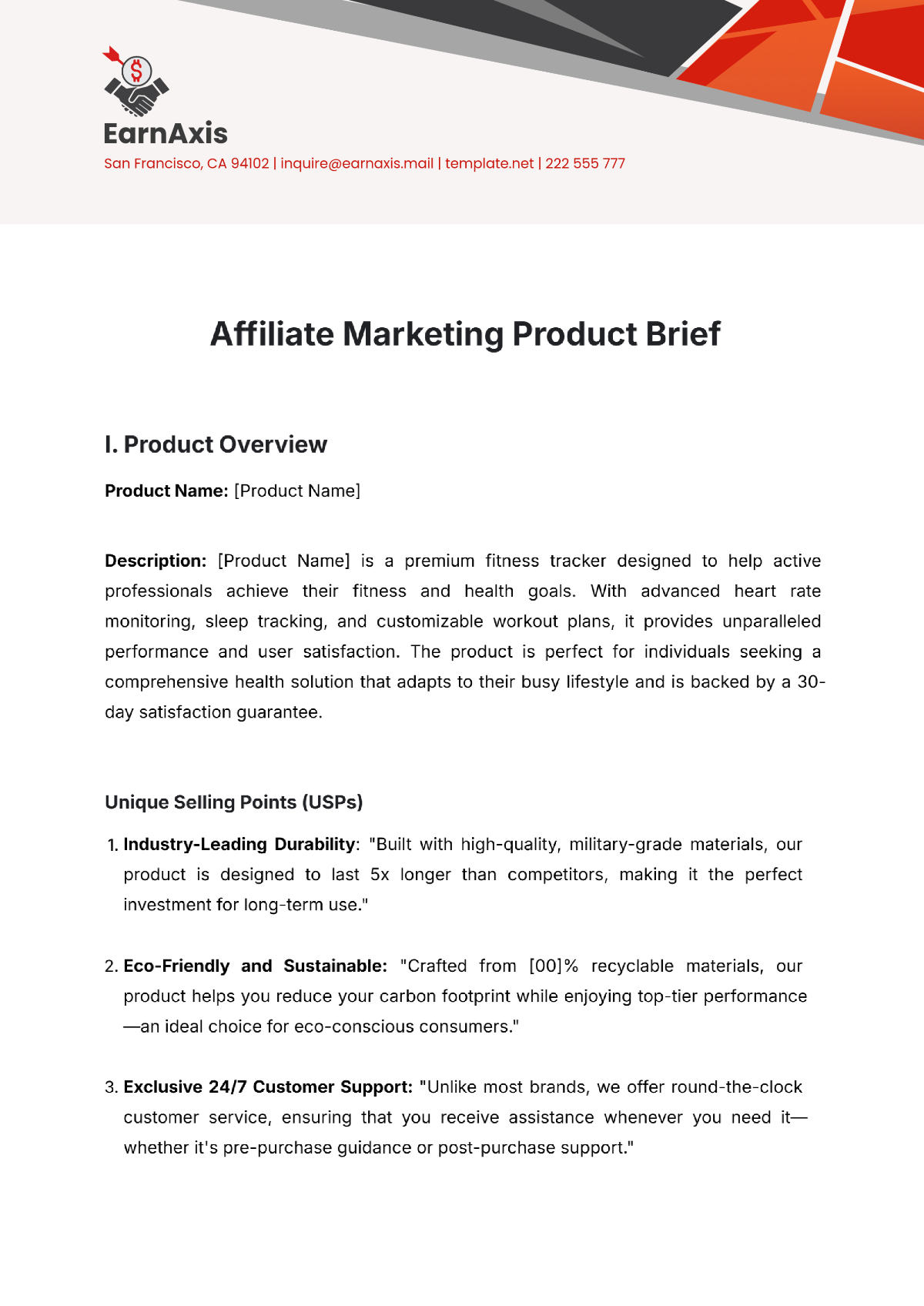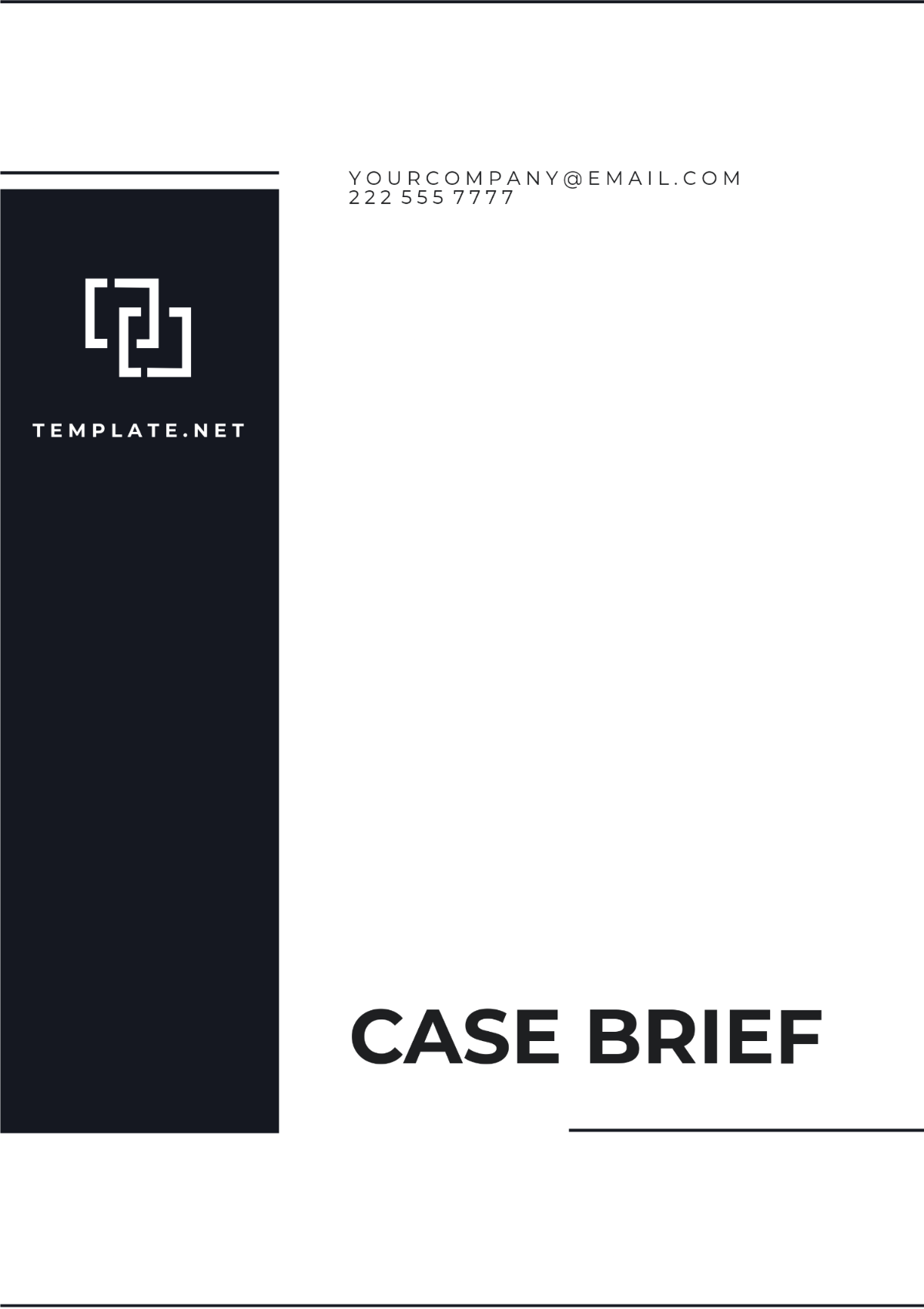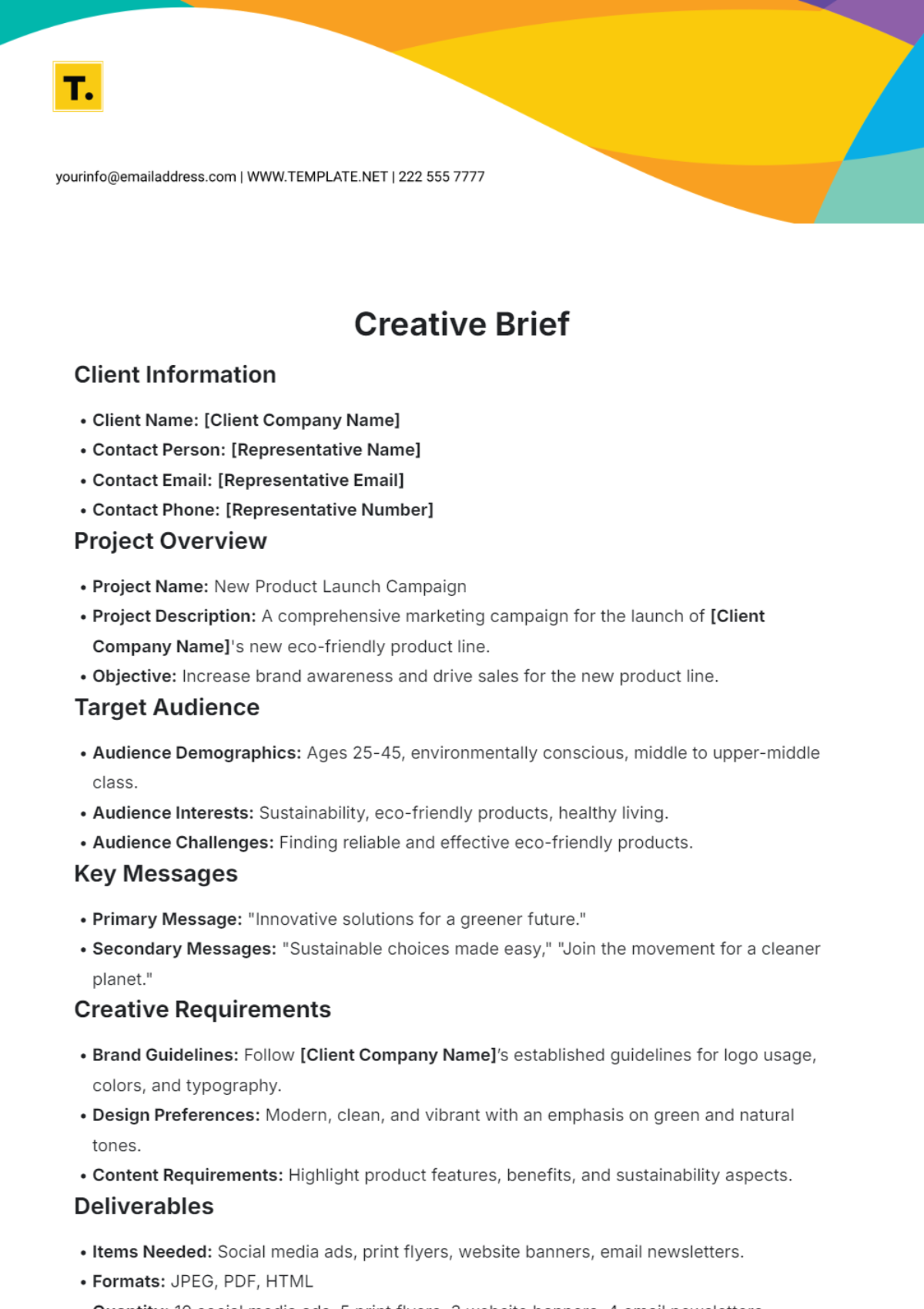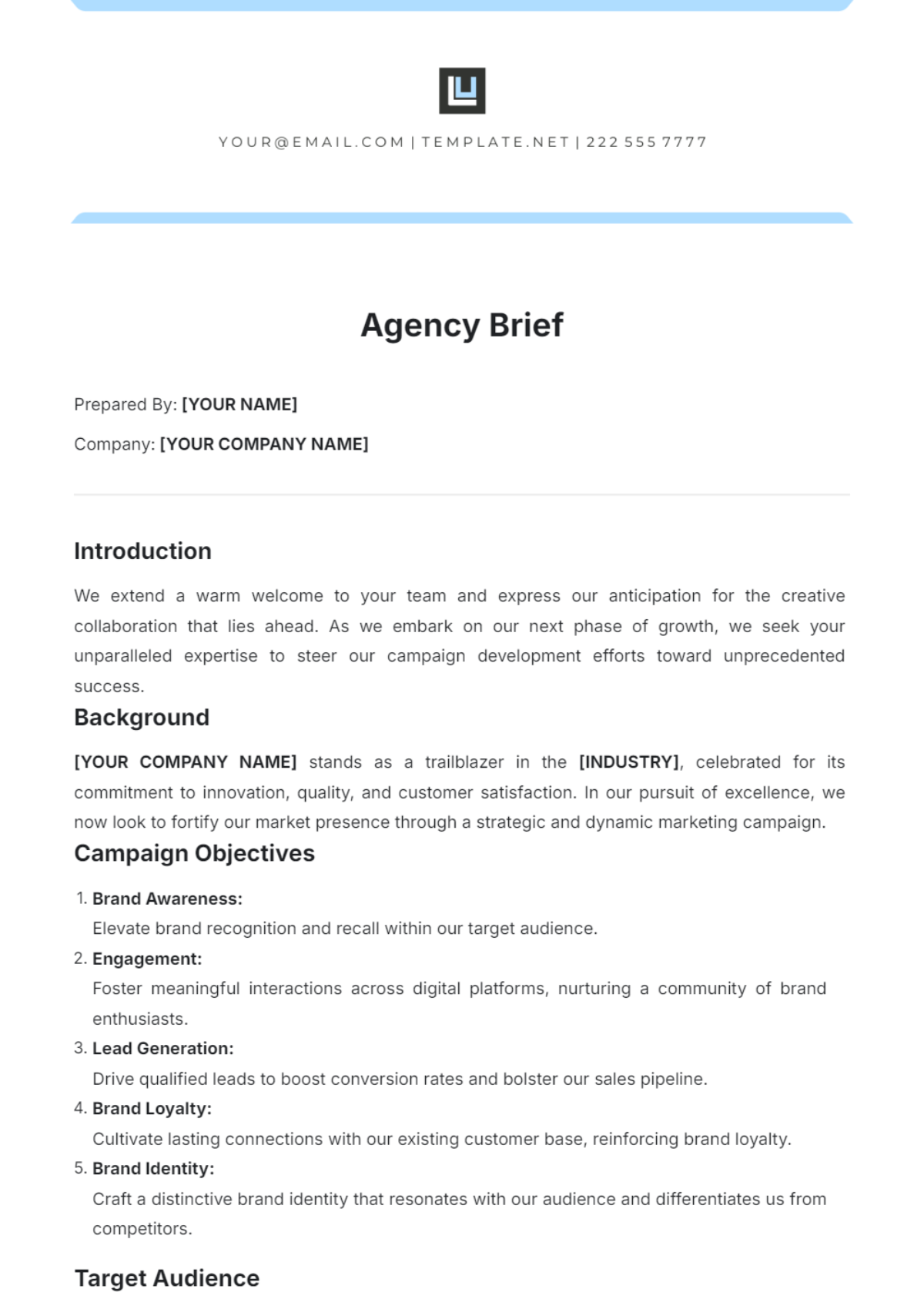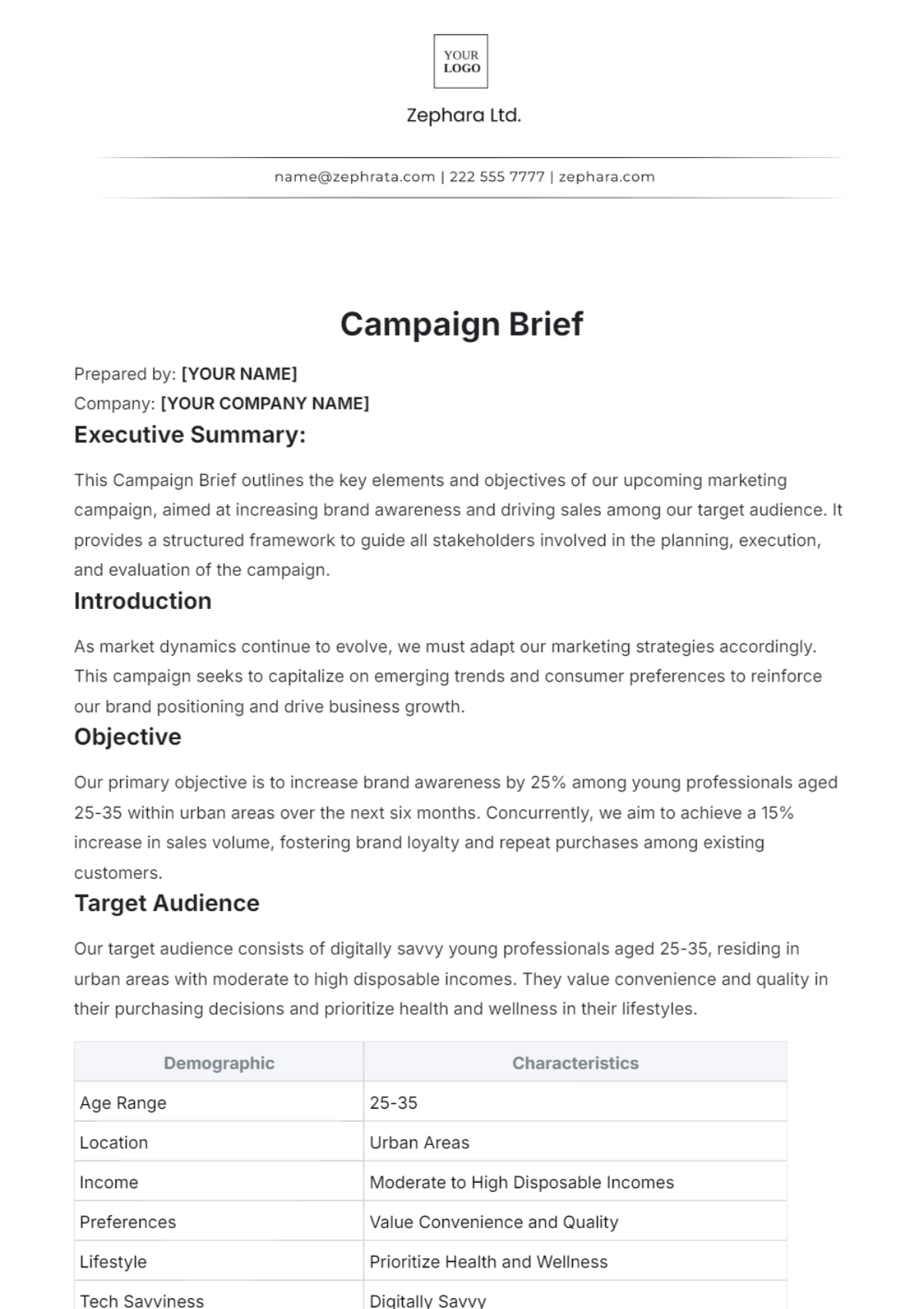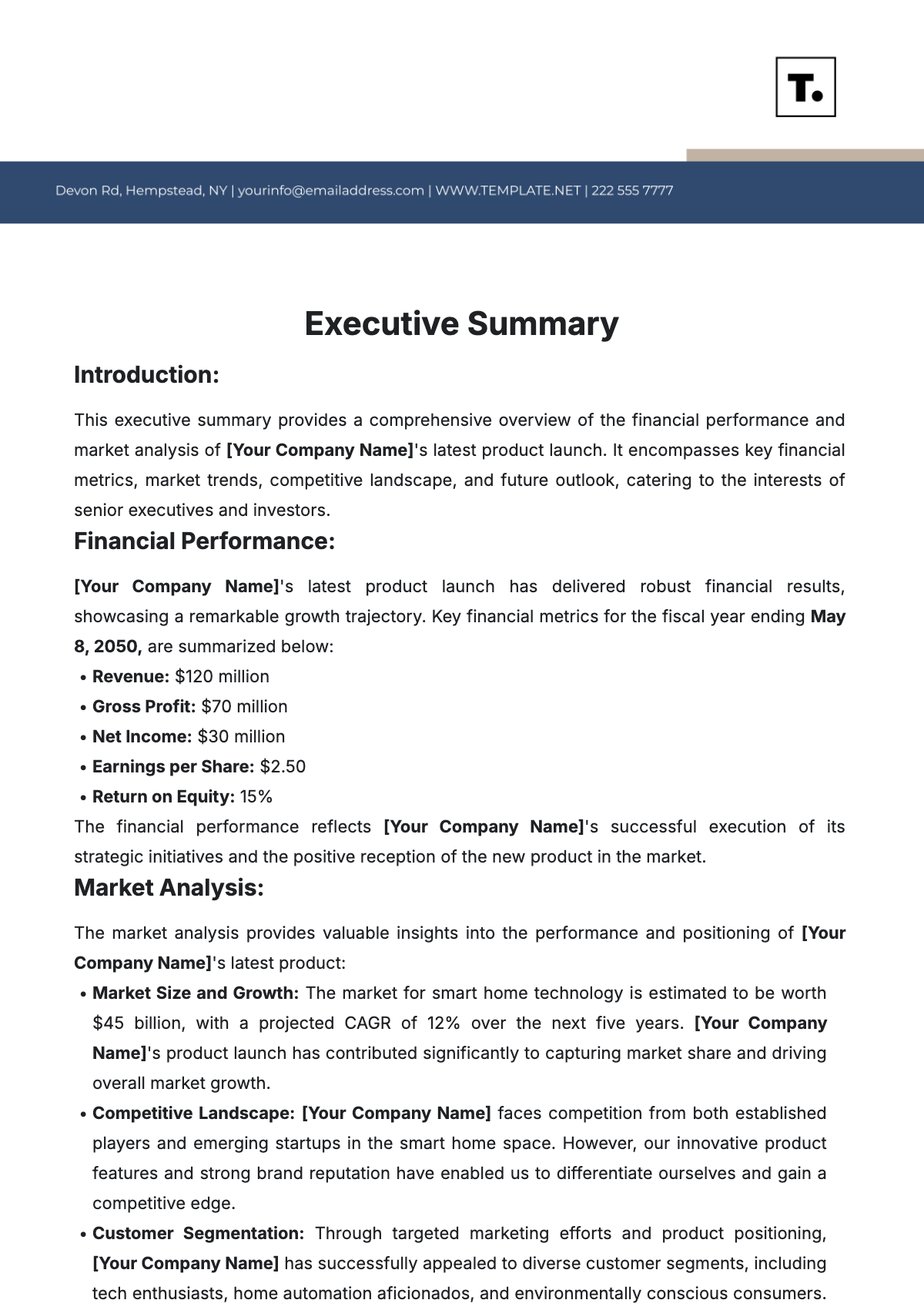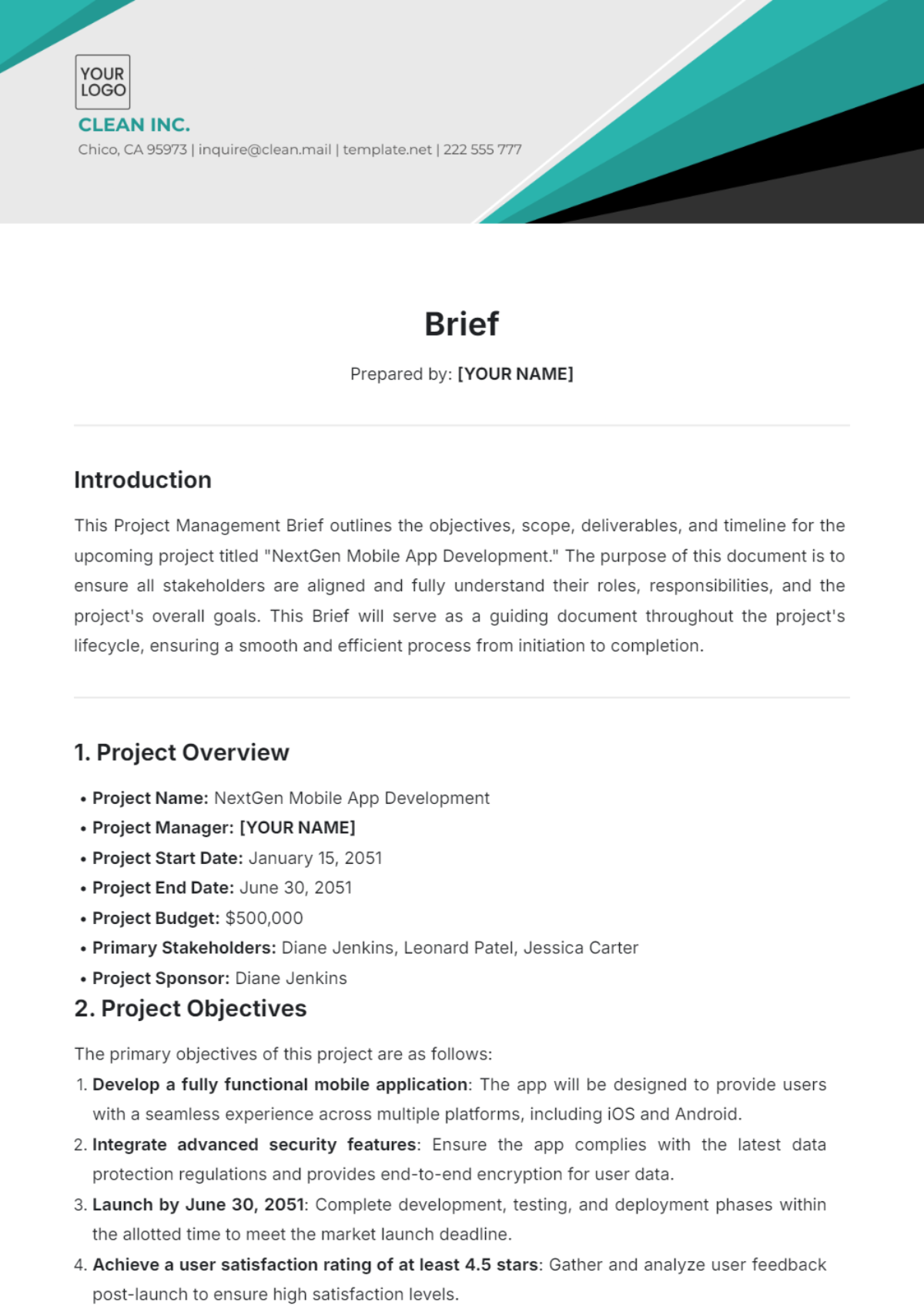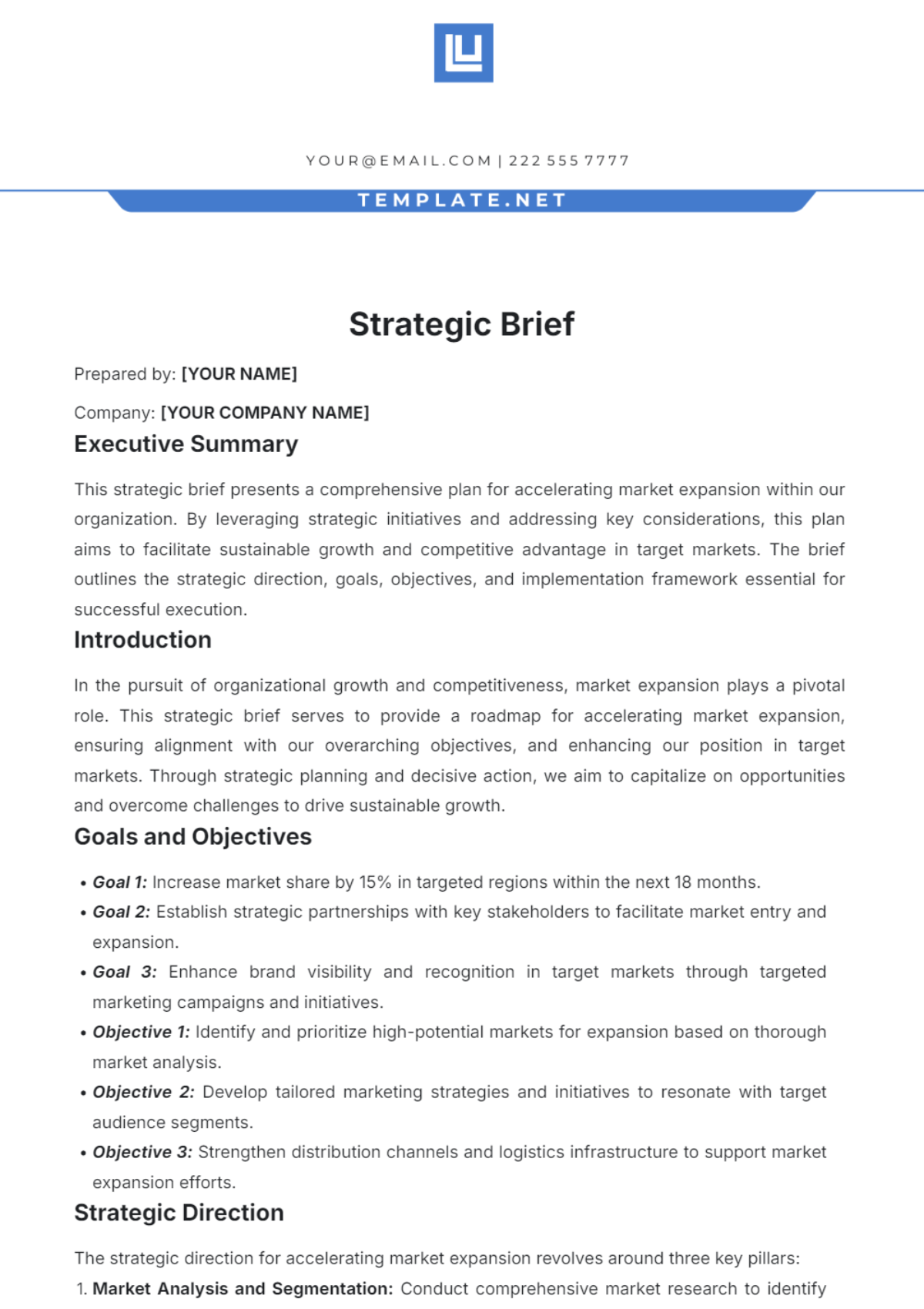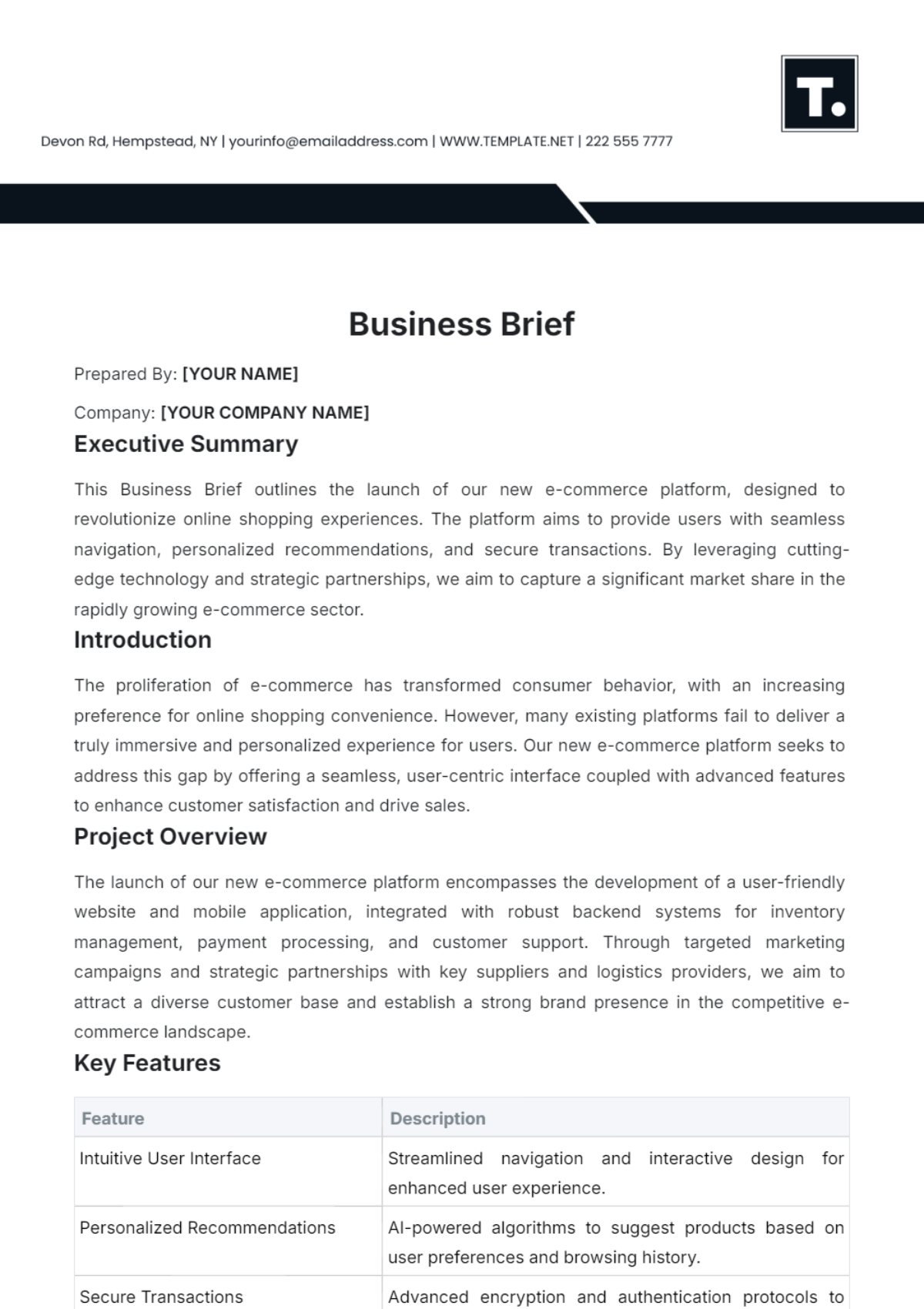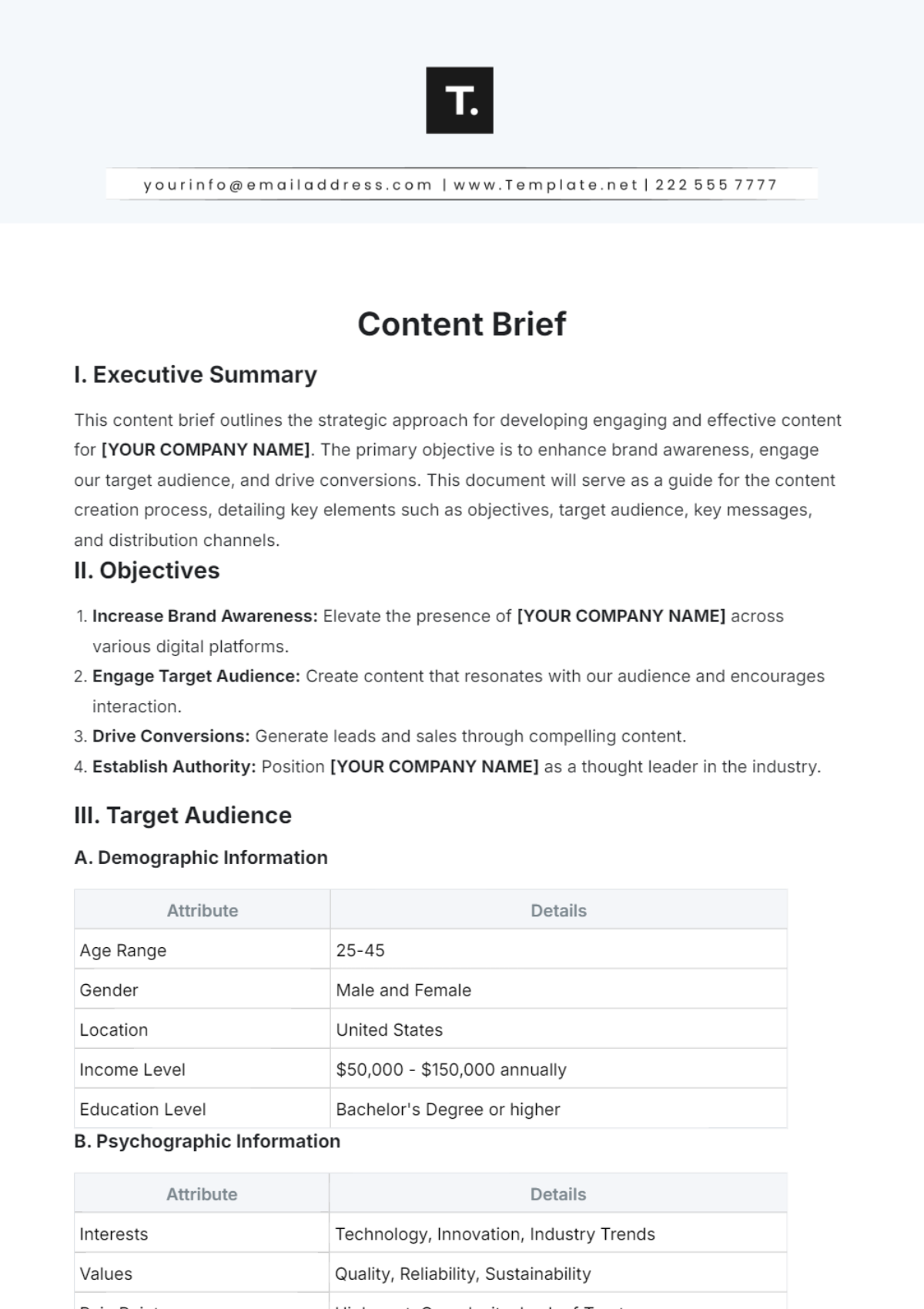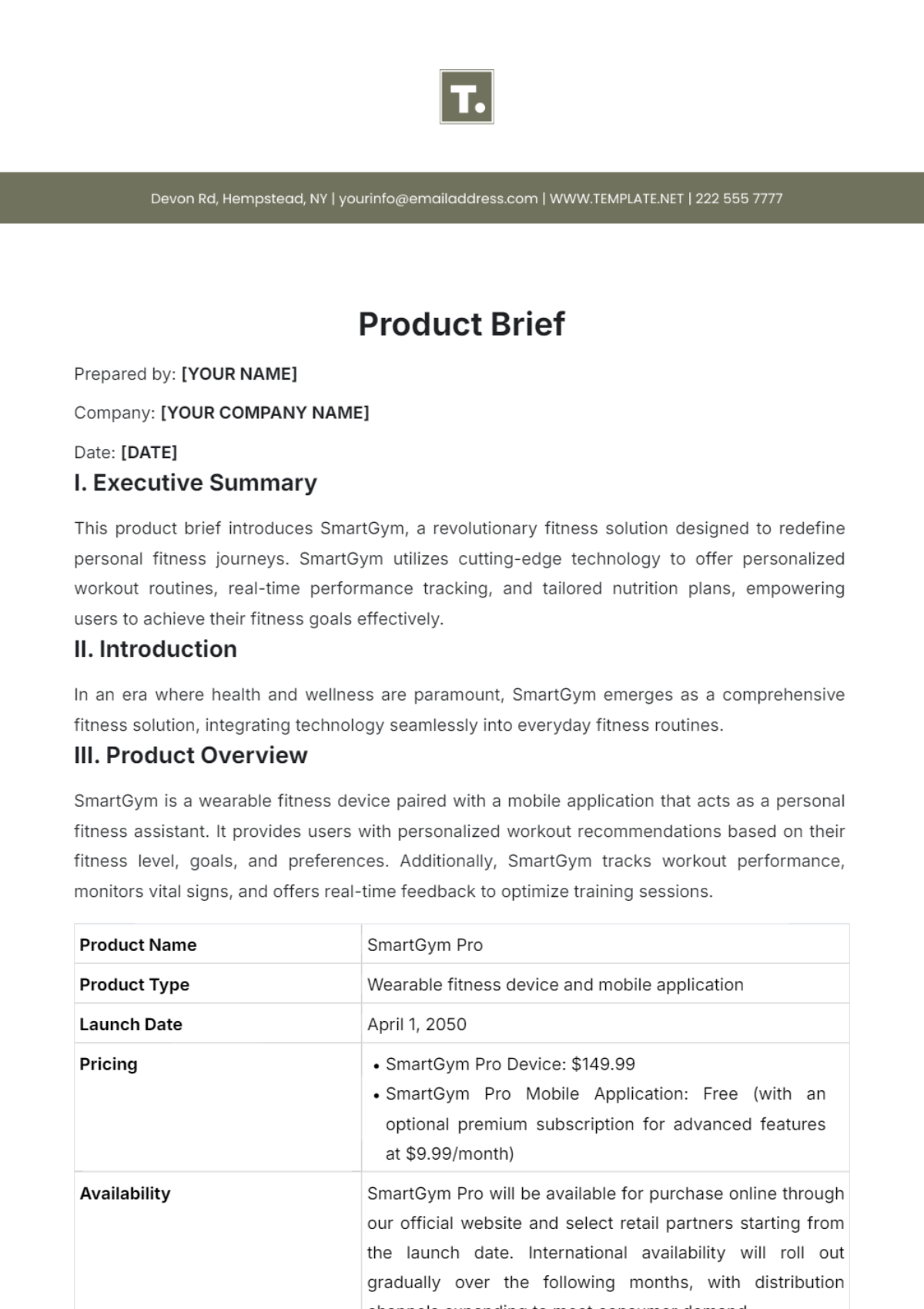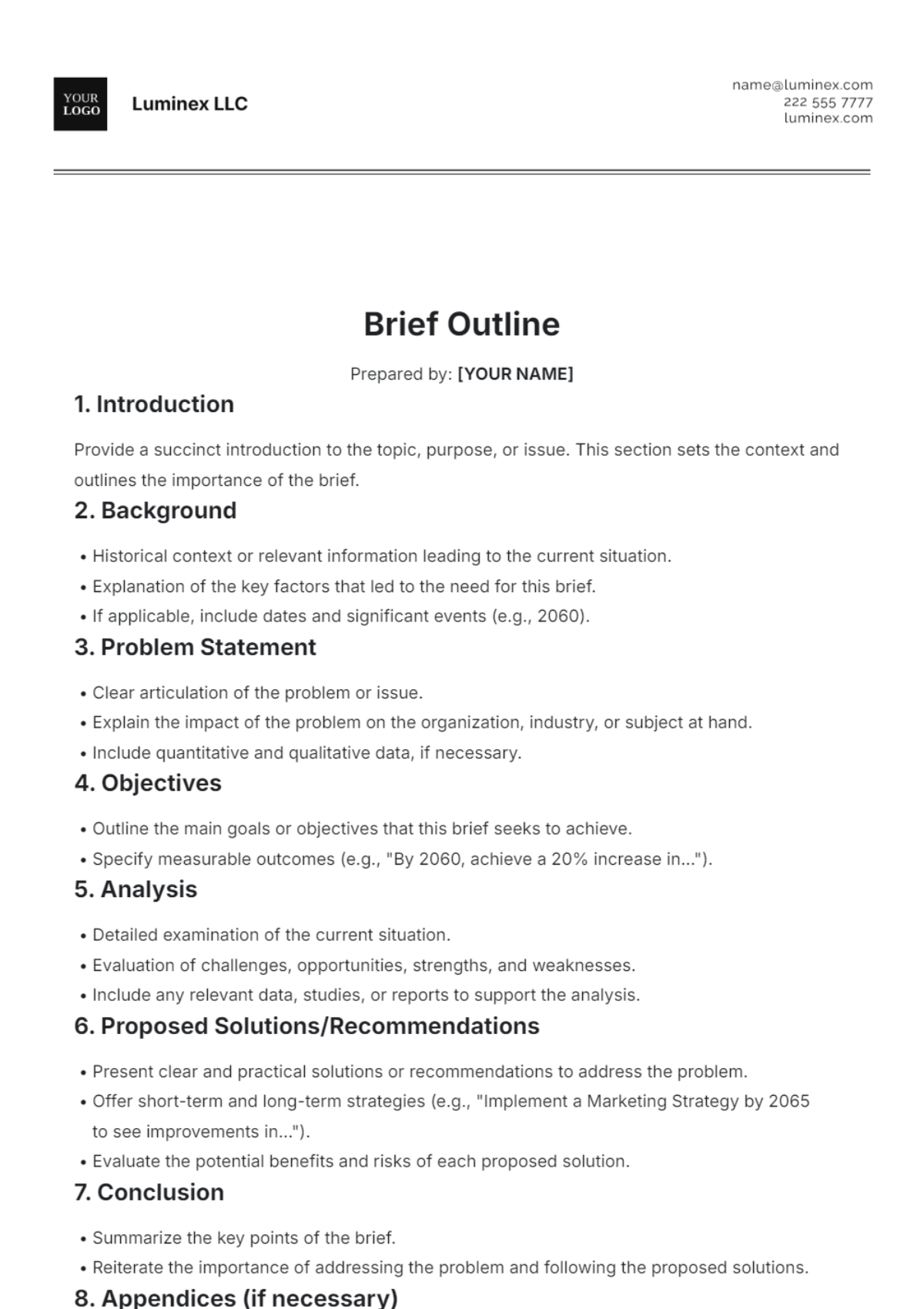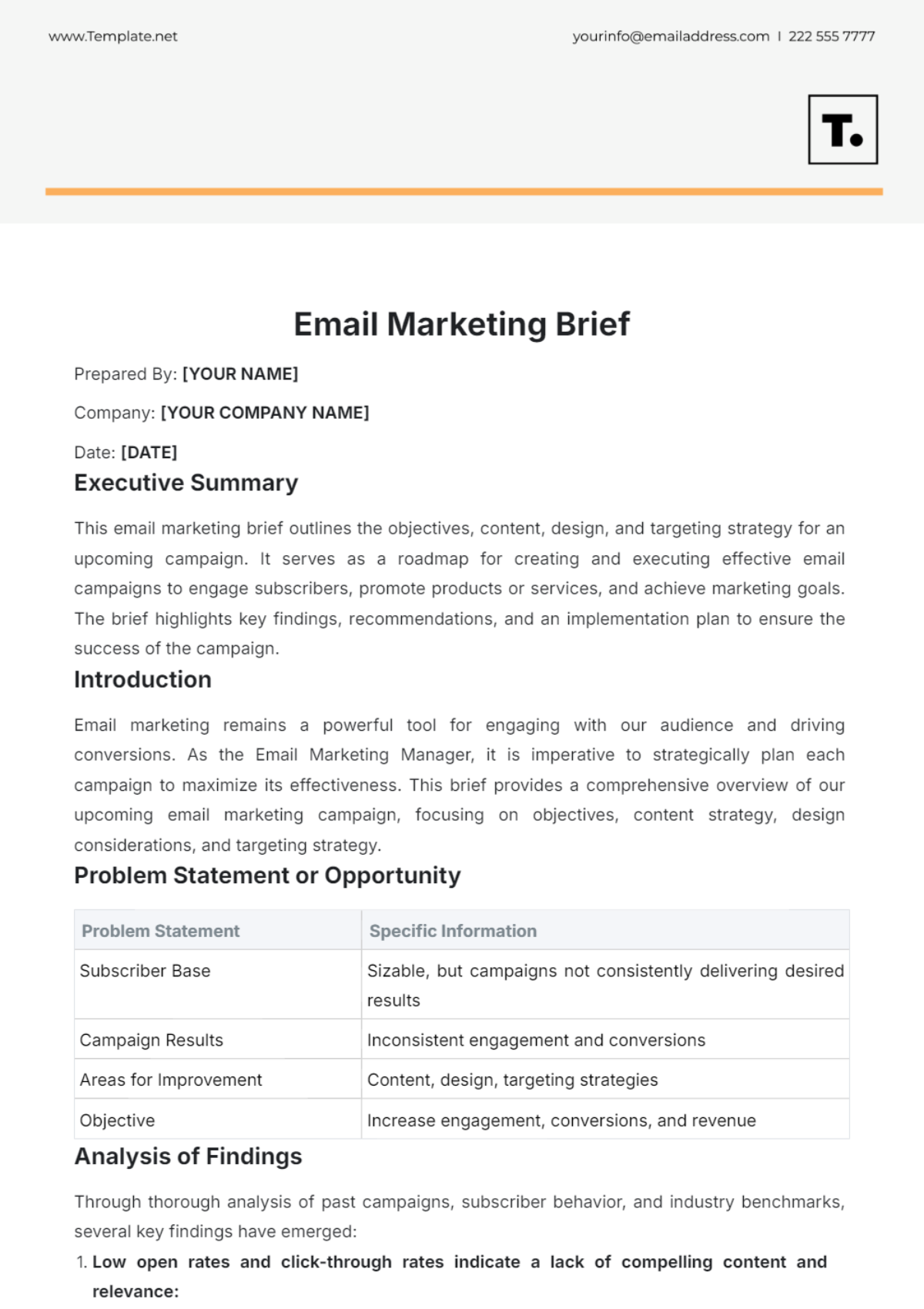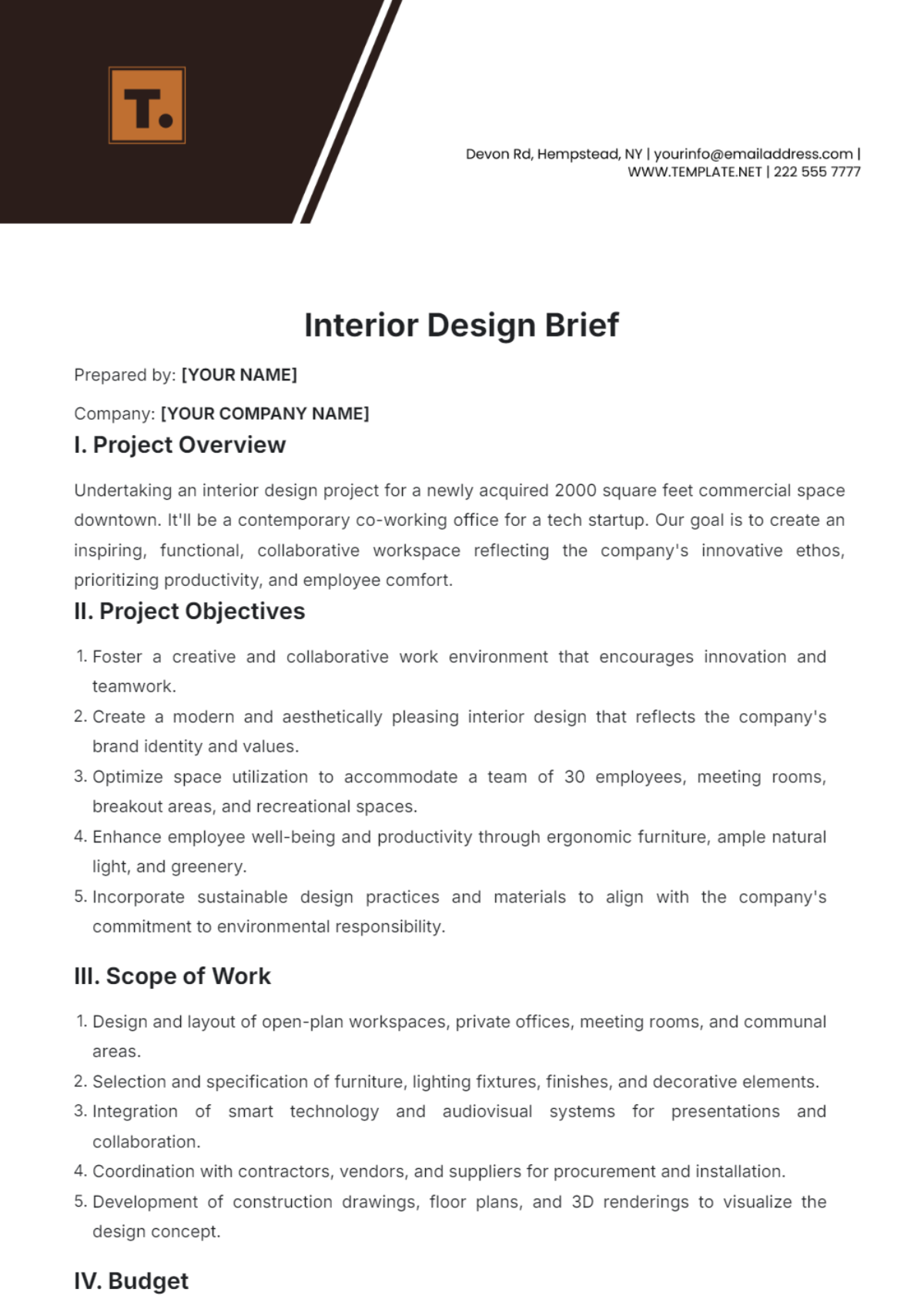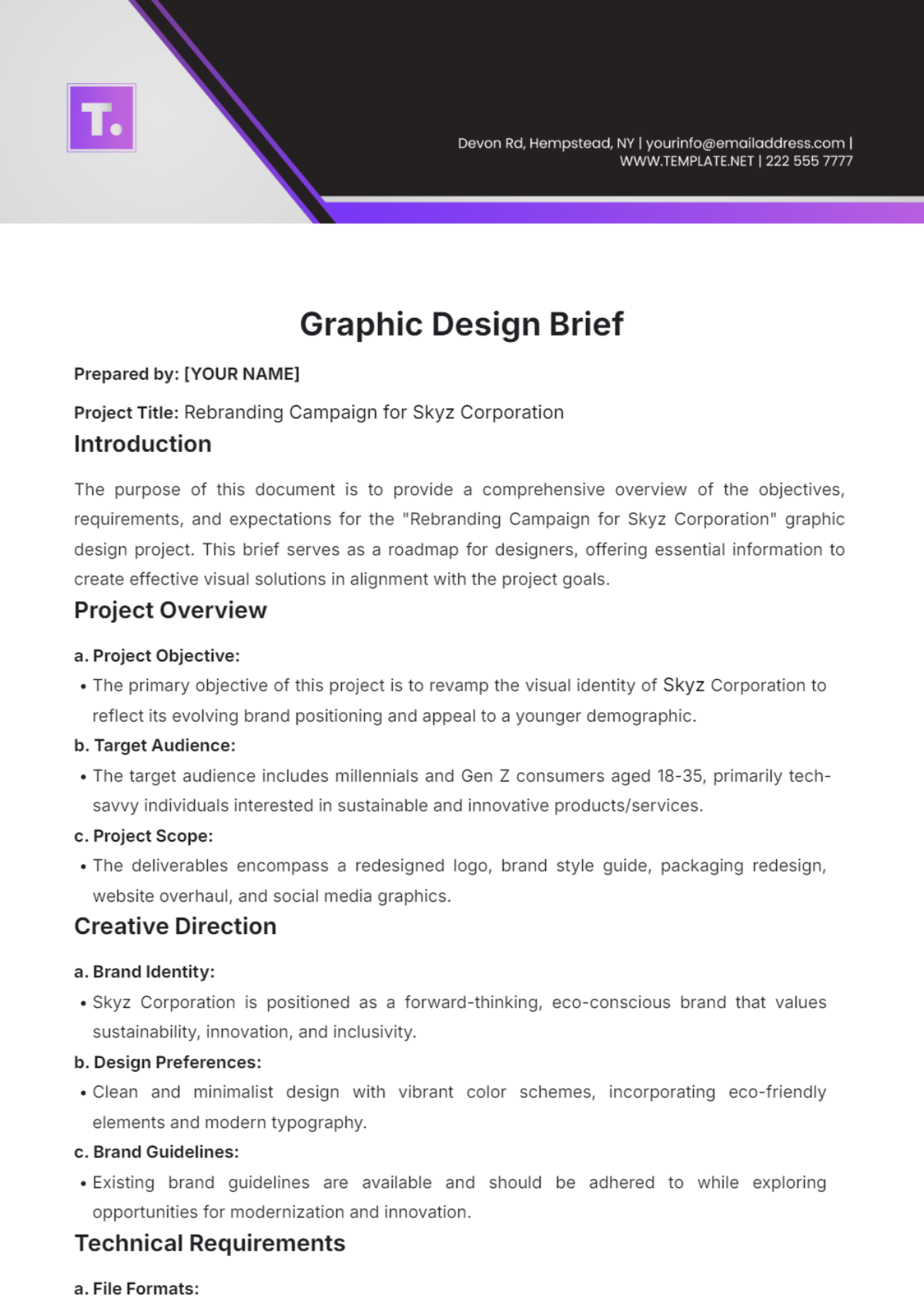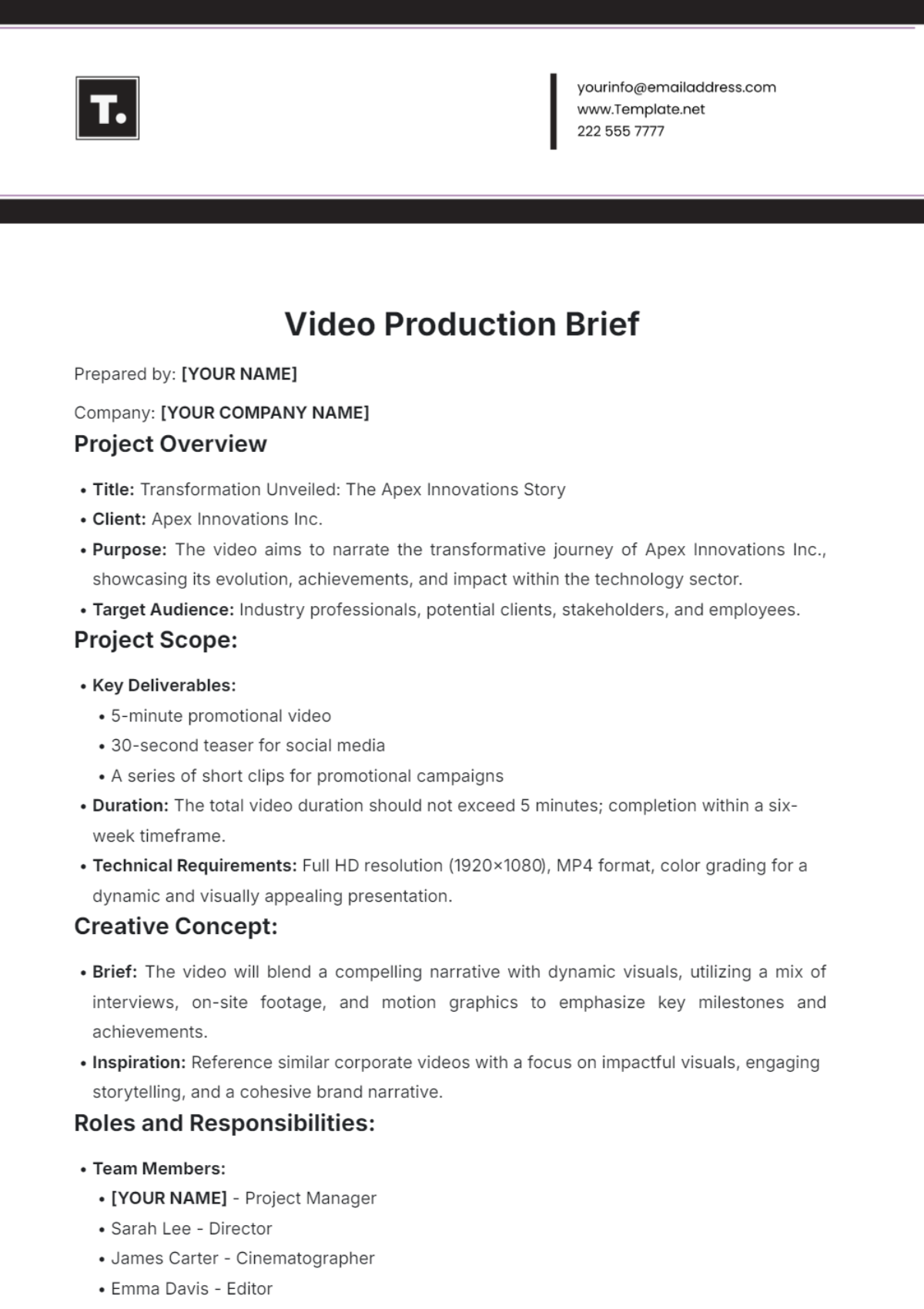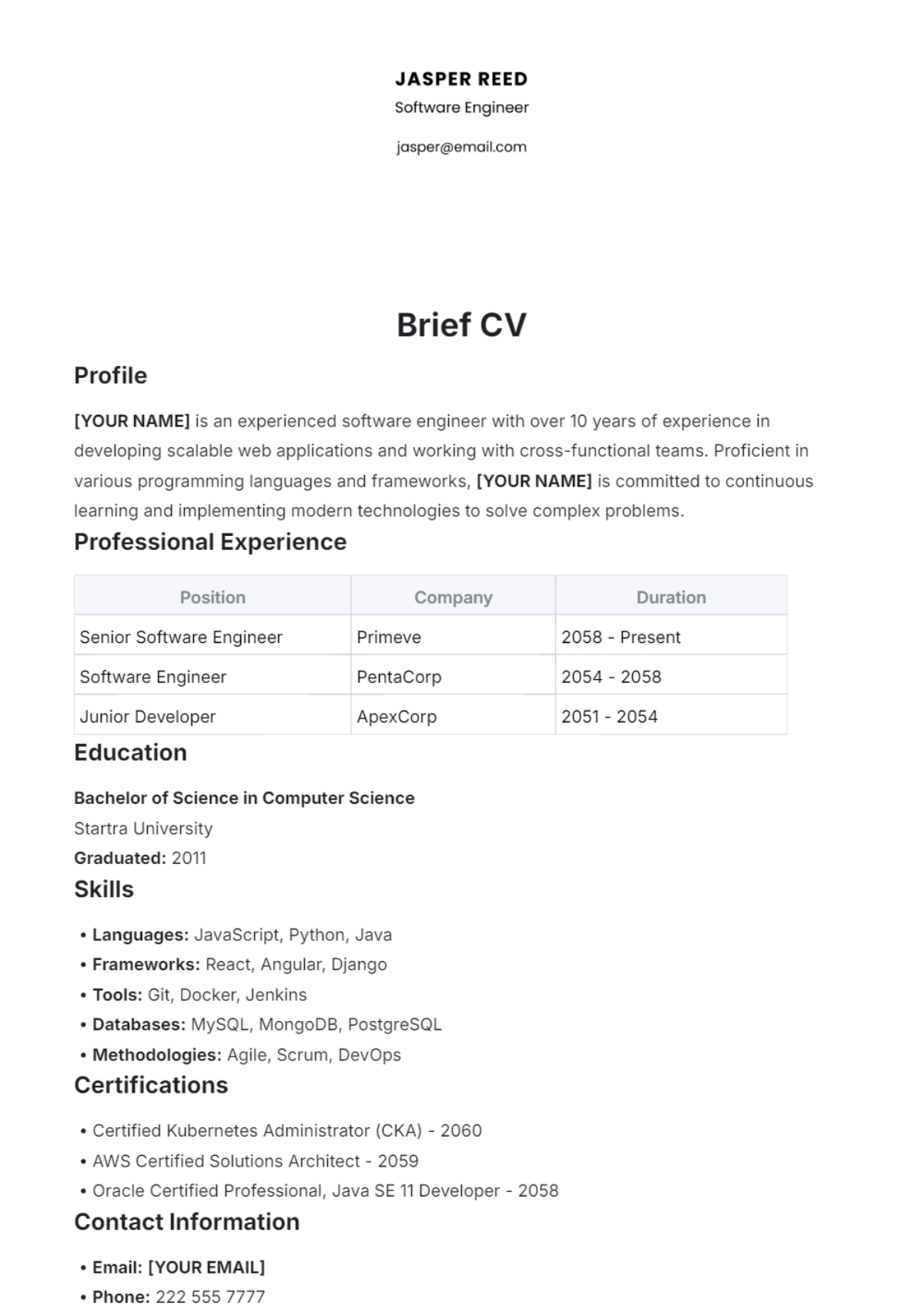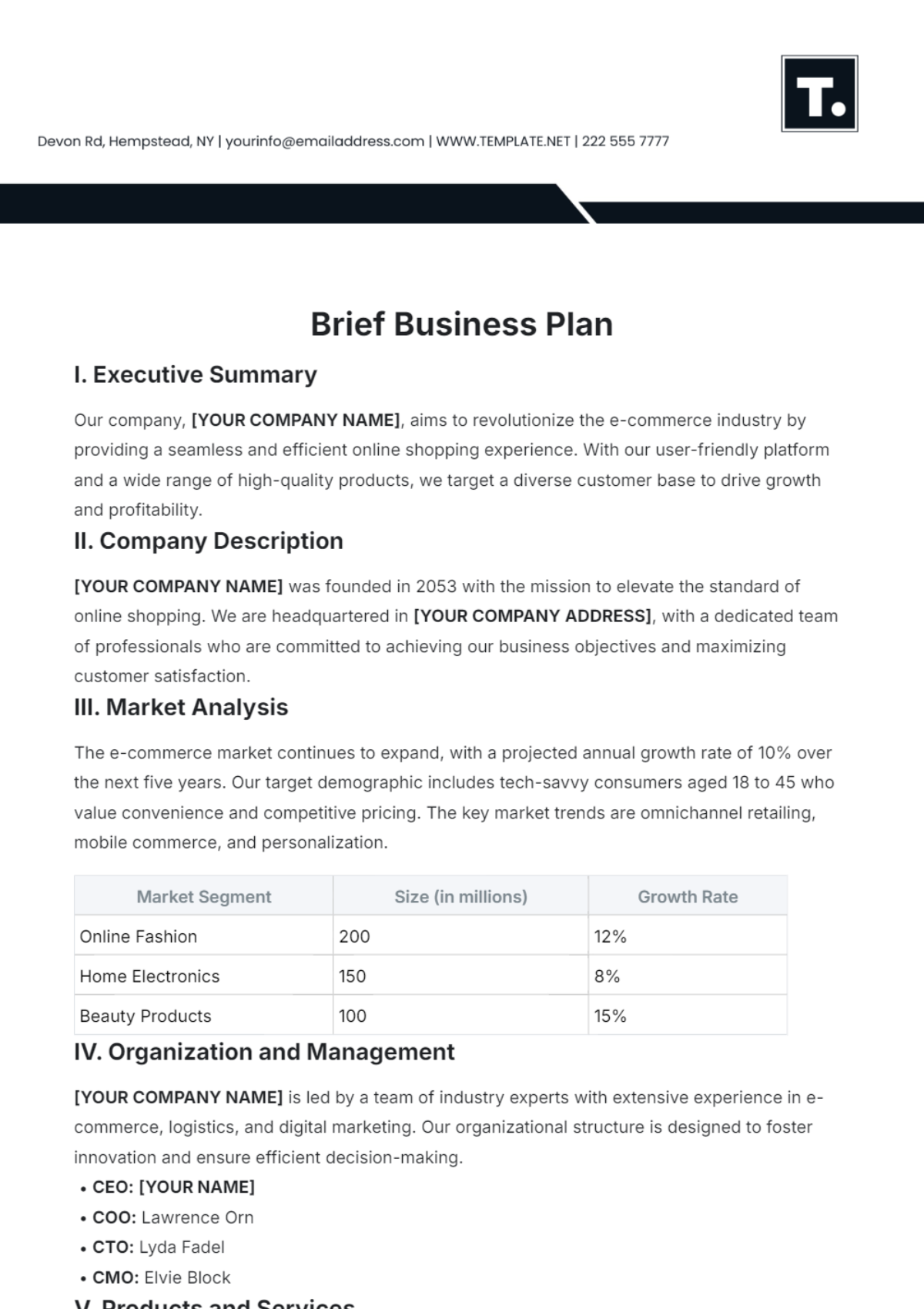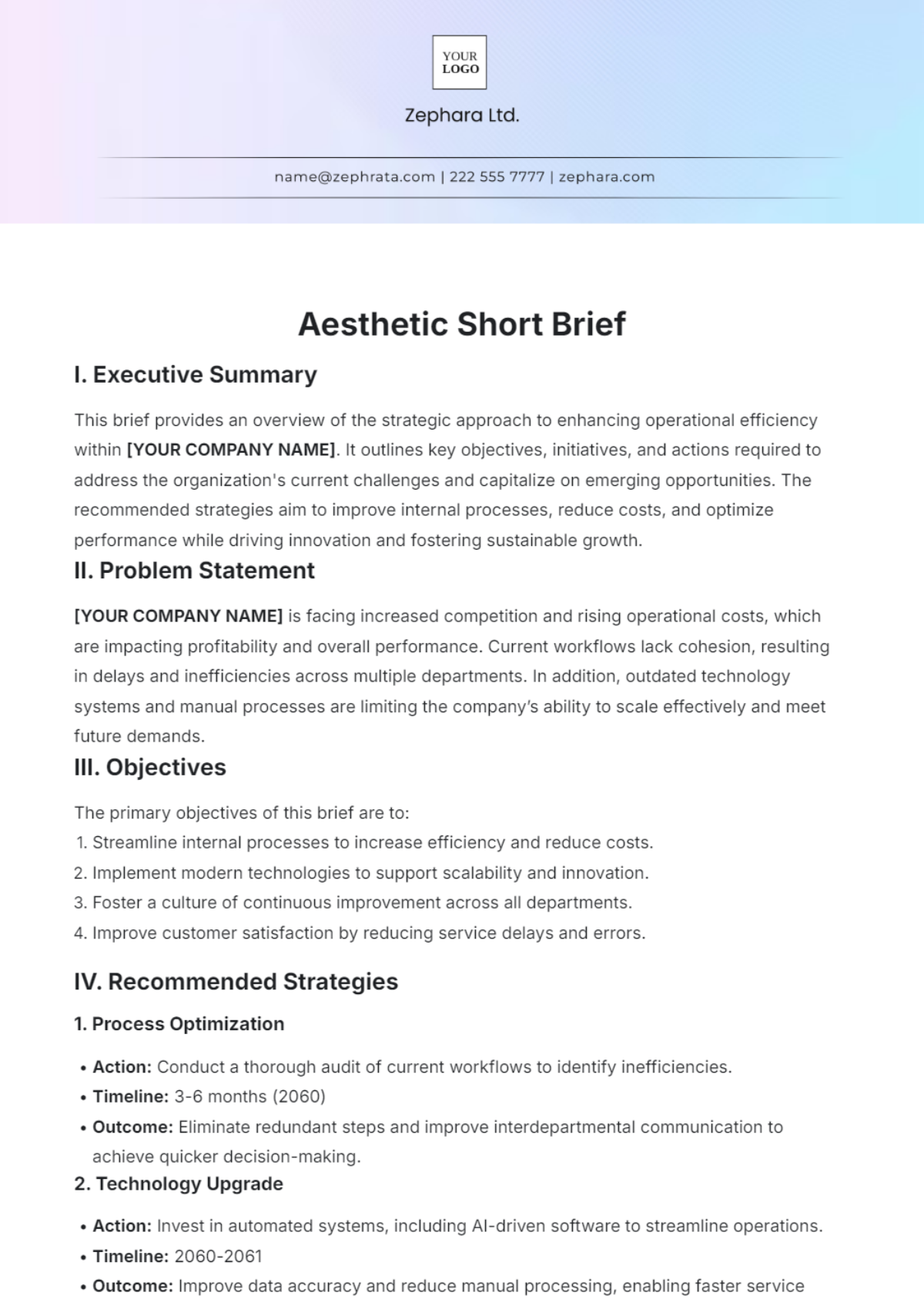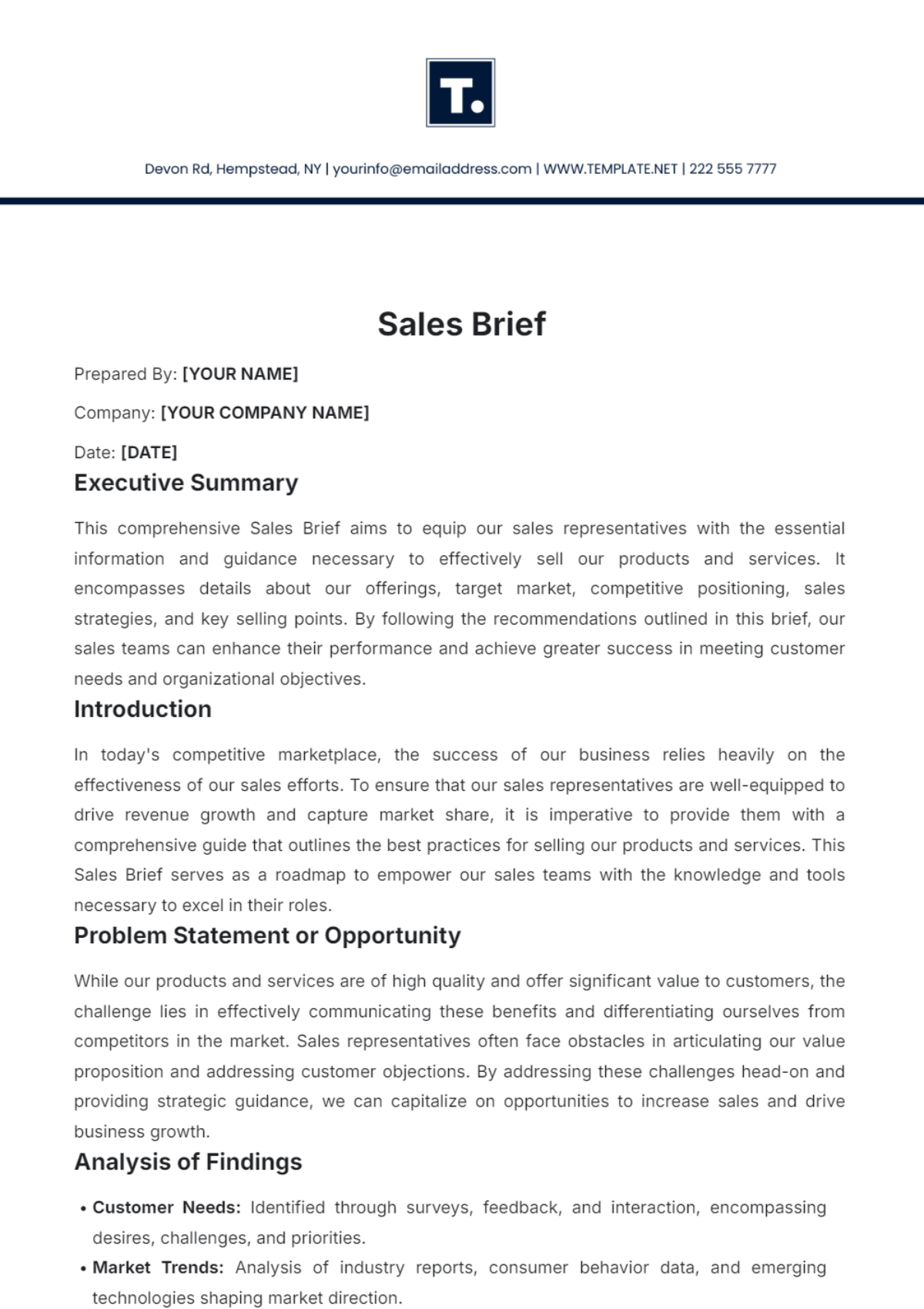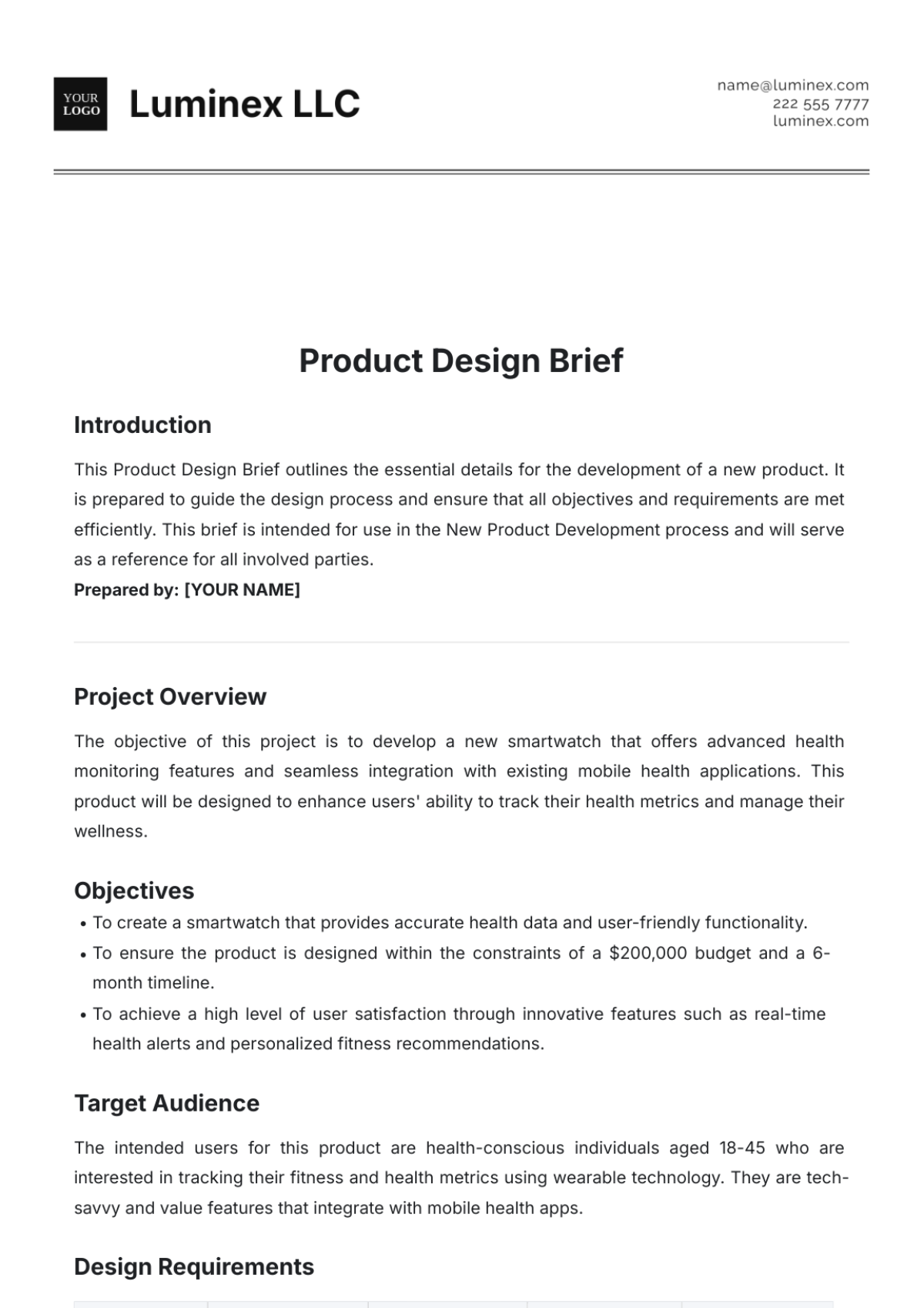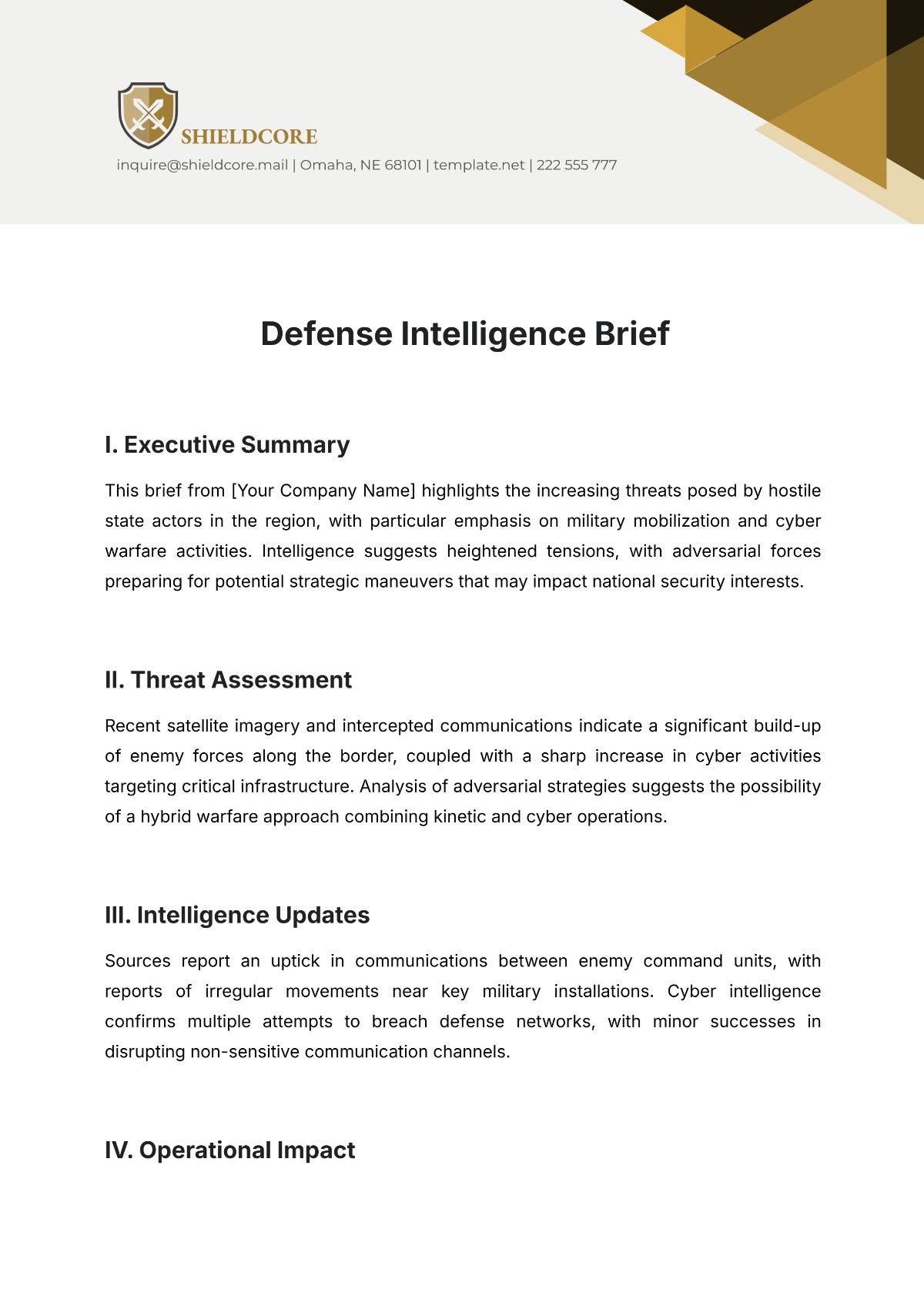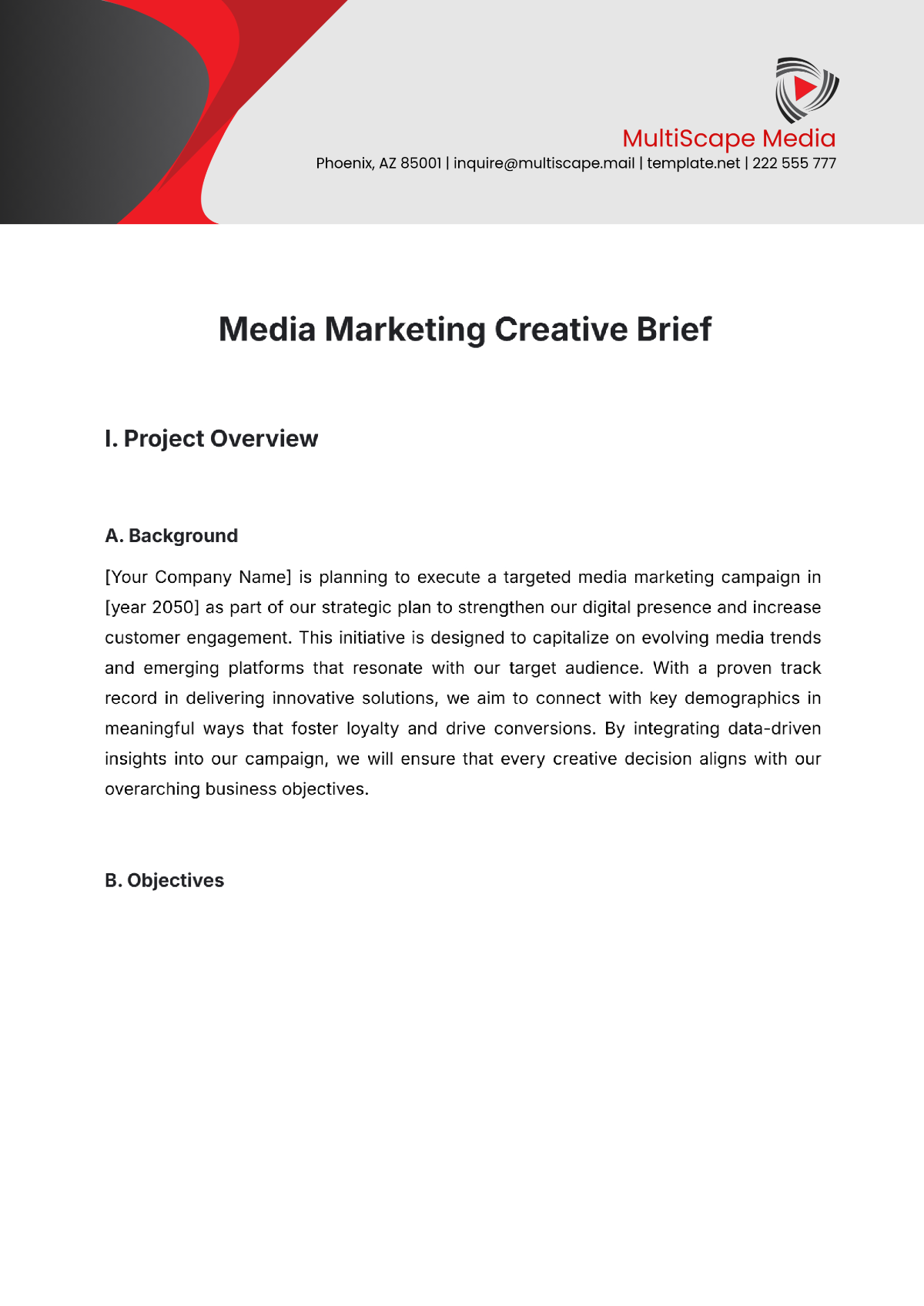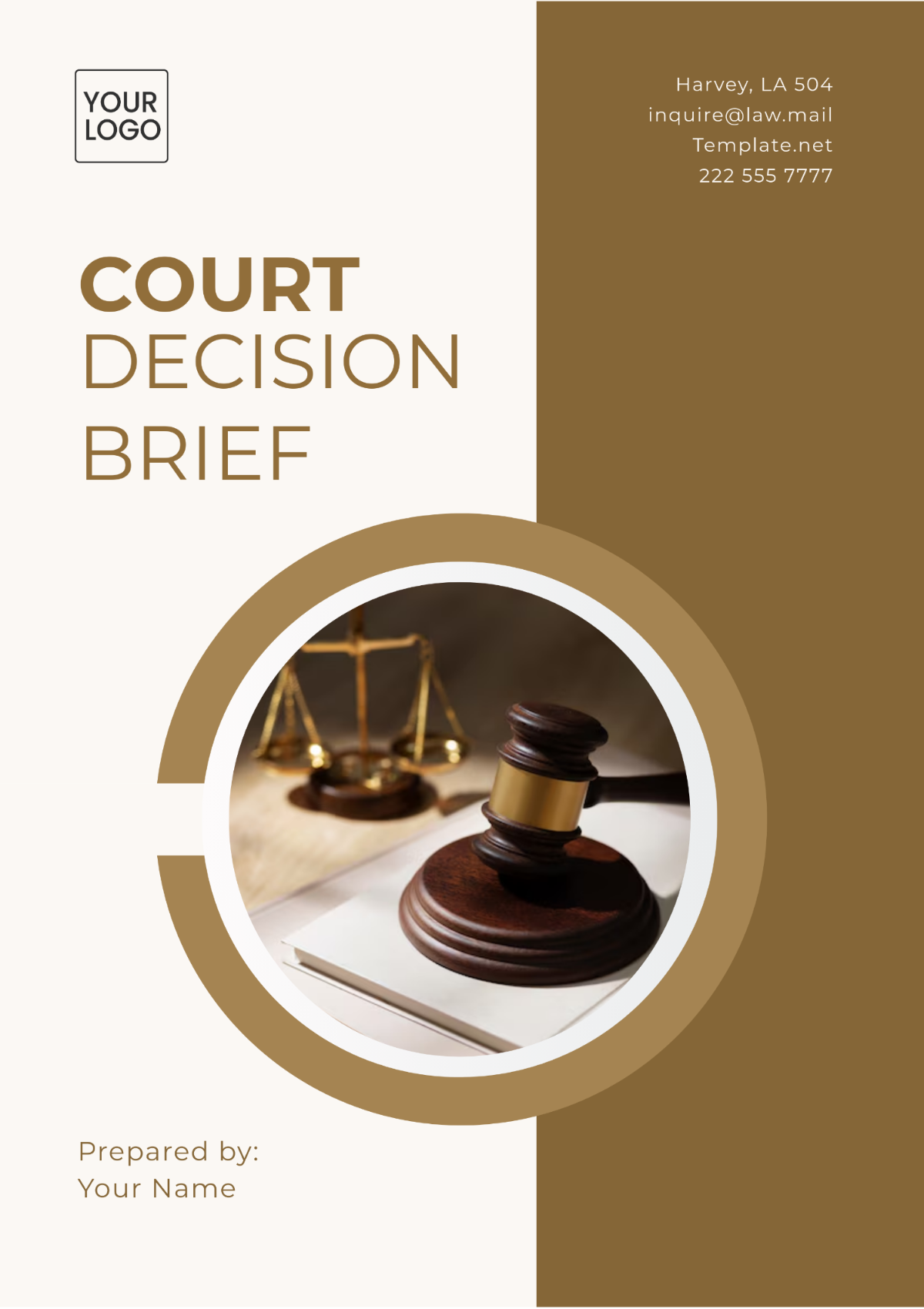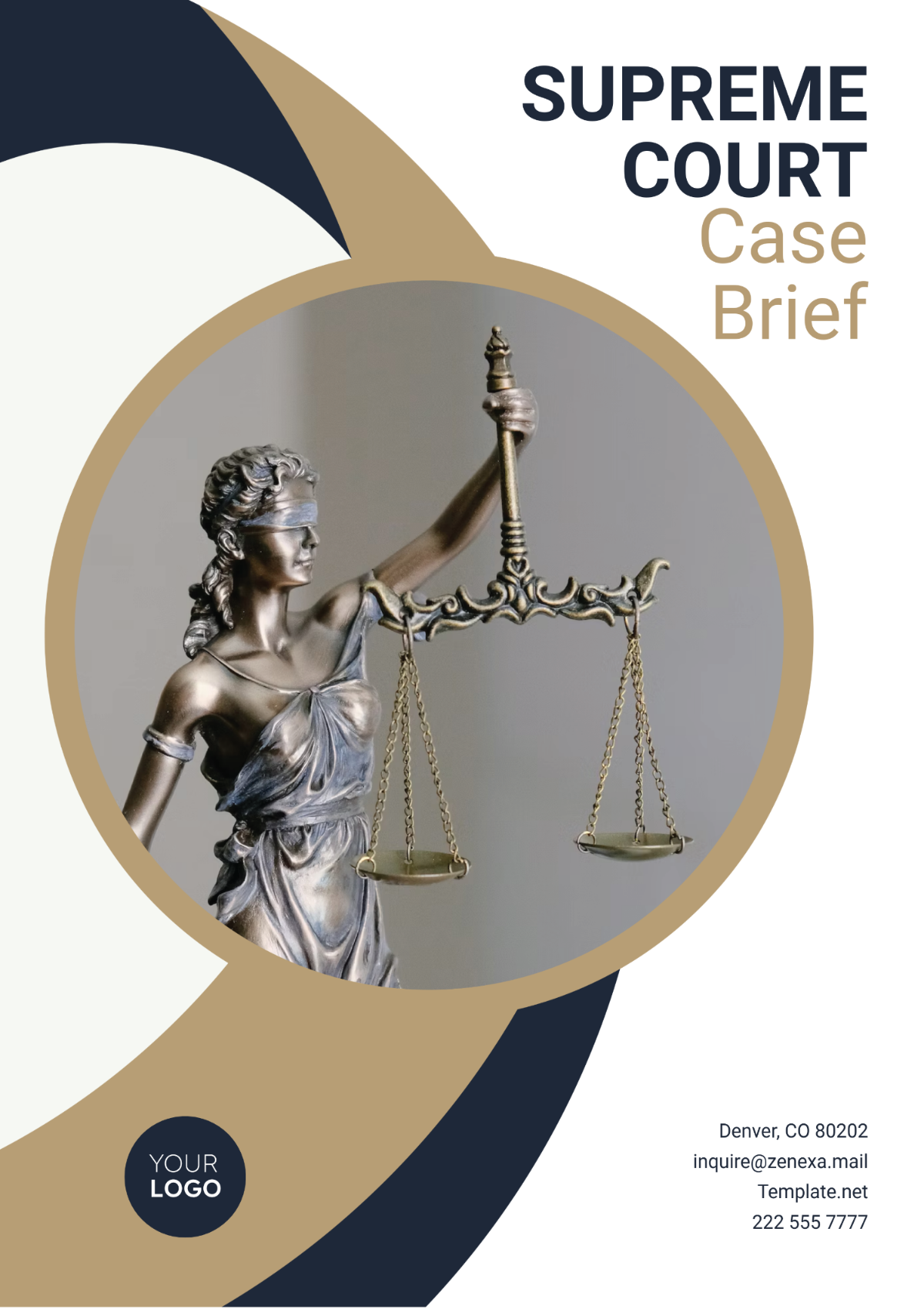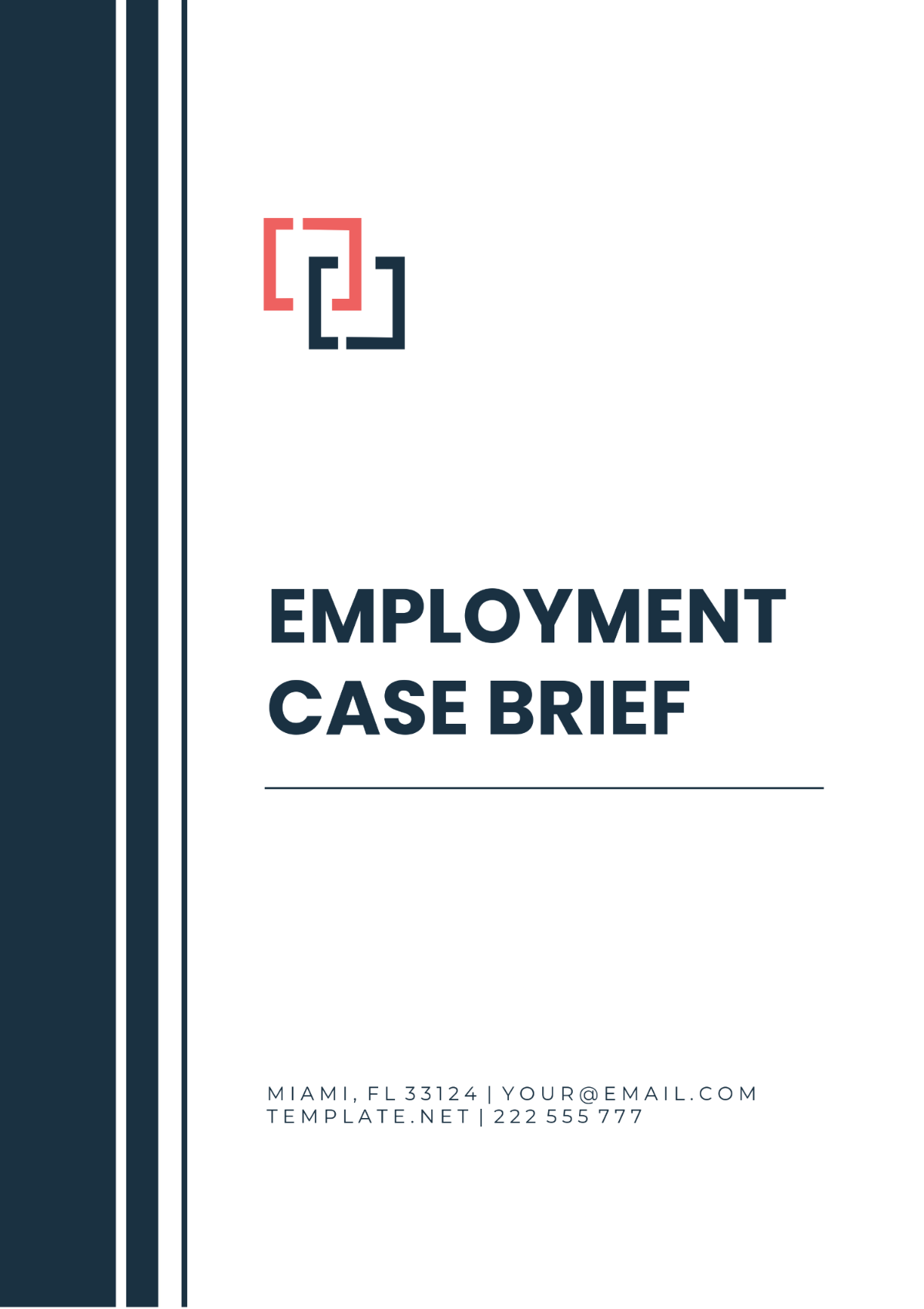Demo Case Brief
Landmark v. City of Metropolis: Environmental Protection Dispute
I. Case Overview
In this case, [Landmark], a leading environmental advocacy group, brings suit against the [City of Metropolis] for alleged violations of environmental protection laws. The dispute arises from the city's approval of a large-scale development project in a protected wetland area. The case is being heard in the [Superior Court of Metropolis, California].
II. Parties:
Parties: Landmark vs. City of Metropolis
Nature of Dispute: Alleged violations of environmental protection laws
Jurisdiction: Superior Court of Metropolis, California
III. Key Dates:
Filing Date: [April 15, 2050]
Trial Date: [September 30, 2050]
Deadline for Response: [May 20, 2050]
IV. Facts
[Landmark] alleges that the [City of Metropolis] granted permits for a commercial development project known as ["Harborview Estates"] without conducting adequate environmental impact assessments.
The project site, located adjacent to the [Metropolis River], is home to several endangered species and serves as a vital wetland ecosystem.
Landmark submitted multiple petitions urging the city council to reconsider the project's approval.
The city council proceeded with the project despite concerns raised by environmental experts regarding potential habitat destruction and water pollution.
Construction commenced in [January 2050], prompting [Landmark] to file a lawsuit seeking injunctive relief and damages.
V. Legal Issues
The central legal issue in this case is whether the [City of Metropolis] violated state and federal environmental protection laws by approving the Harborview Estates development project without conducting proper environmental impact assessments.
Issue 1: Whether the city's approval of the development project violated the California Environmental Quality Act (CEQA).
Issue 2: Whether the project's impact on endangered species constitutes a violation of the federal Endangered Species Act.
Issue 3: Whether the city's actions are consistent with the public trust doctrine regarding the protection of natural resources.
VI. Arguments
Plaintiff's Argument: [Landmark] contends that the city failed to comply with CEQA requirements, which mandate thorough environmental review and public participation for projects with significant environmental impacts. They cite case law establishing the importance of environmental assessments in protecting sensitive ecosystems.
Defendant's Argument: The [City of Metropolis] argues that the [Harborview Estates] project underwent sufficient environmental review and mitigation measures to address potential impacts. They assert that the project will bring economic benefits to the community without causing undue harm to the environment.
VII. Court's Decision
The court finds in favor of Landmark on all counts, ruling that the [City of Metropolis] violated CEQA by approving the [Harborview Estates] project without adequate environmental review. The court issues a permanent injunction halting further construction until the city completes a comprehensive environmental impact report and addresses all concerns raised by environmental experts.
Legal Standard Applied: Strict scrutiny under CEQA and federal environmental laws
Court's Ruling on Issue 1: The city's approval of the development project violated CEQA due to inadequate environmental review.
Court's Ruling on Issue 2: The project's impact on endangered species constitutes a violation of the federal Endangered Species Act.
Court's Ruling on Issue 3: The city's actions are inconsistent with the public trust doctrine, which requires responsible stewardship of natural resources.
VIII. Conclusion
In conclusion, the court's decision underscores the importance of thorough environmental review and compliance with environmental protection laws in large-scale development projects. The ruling sets a precedent for upholding environmental safeguards and ensuring the preservation of fragile ecosystems. [Landmark] will continue to advocate for sustainable development practices and the protection of natural resources for future generations.
This document is prepared by [YOUR NAME]. For inquiries or further information, please contact:
Email: [YOUR COMPANY EMAIL]
Phone: [YOUR COMPANY NUMBER]
Website: [YOUR COMPANY WEBSITE]
Social Media: [YOUR COMPANY SOCIAL MEDIA]
